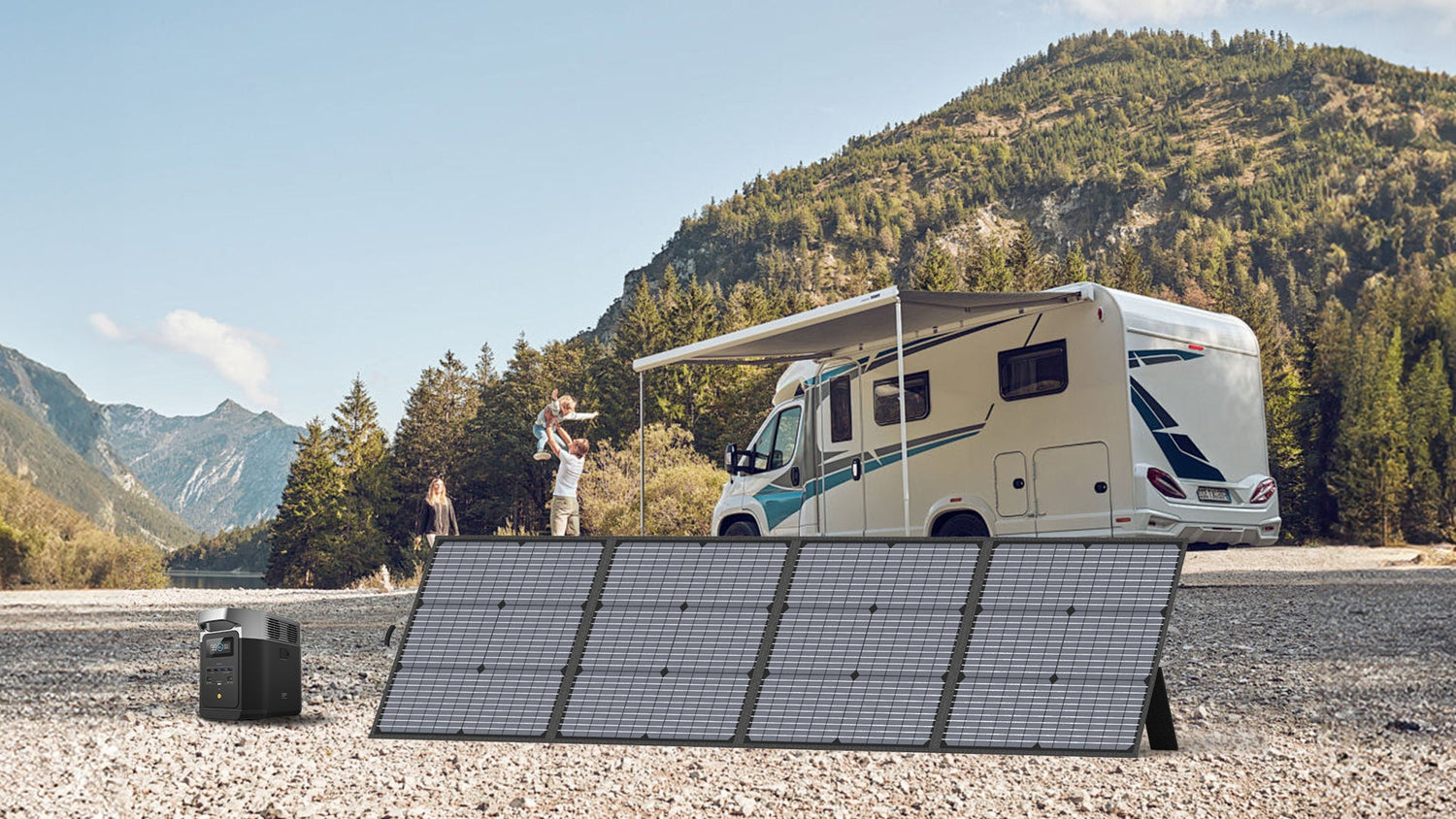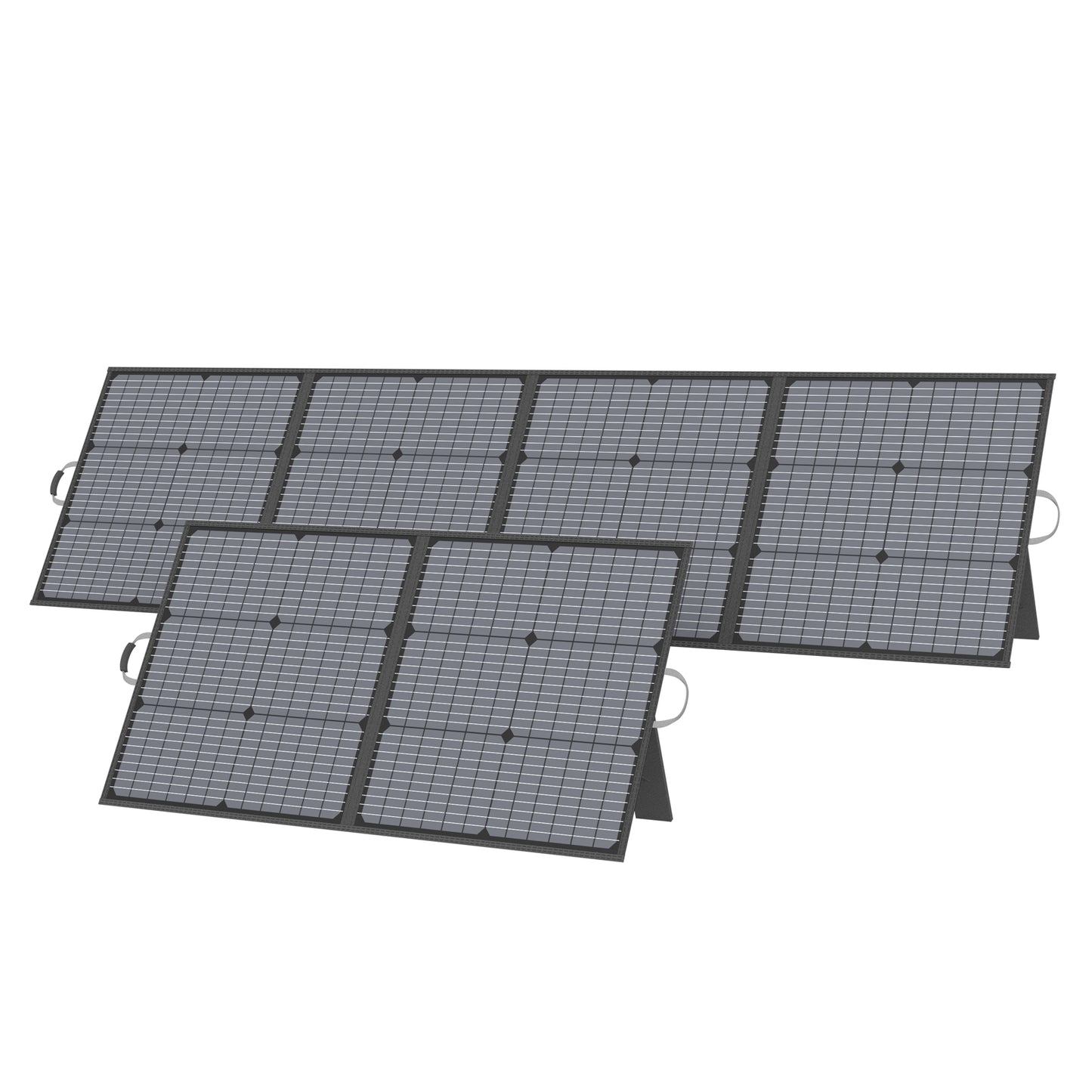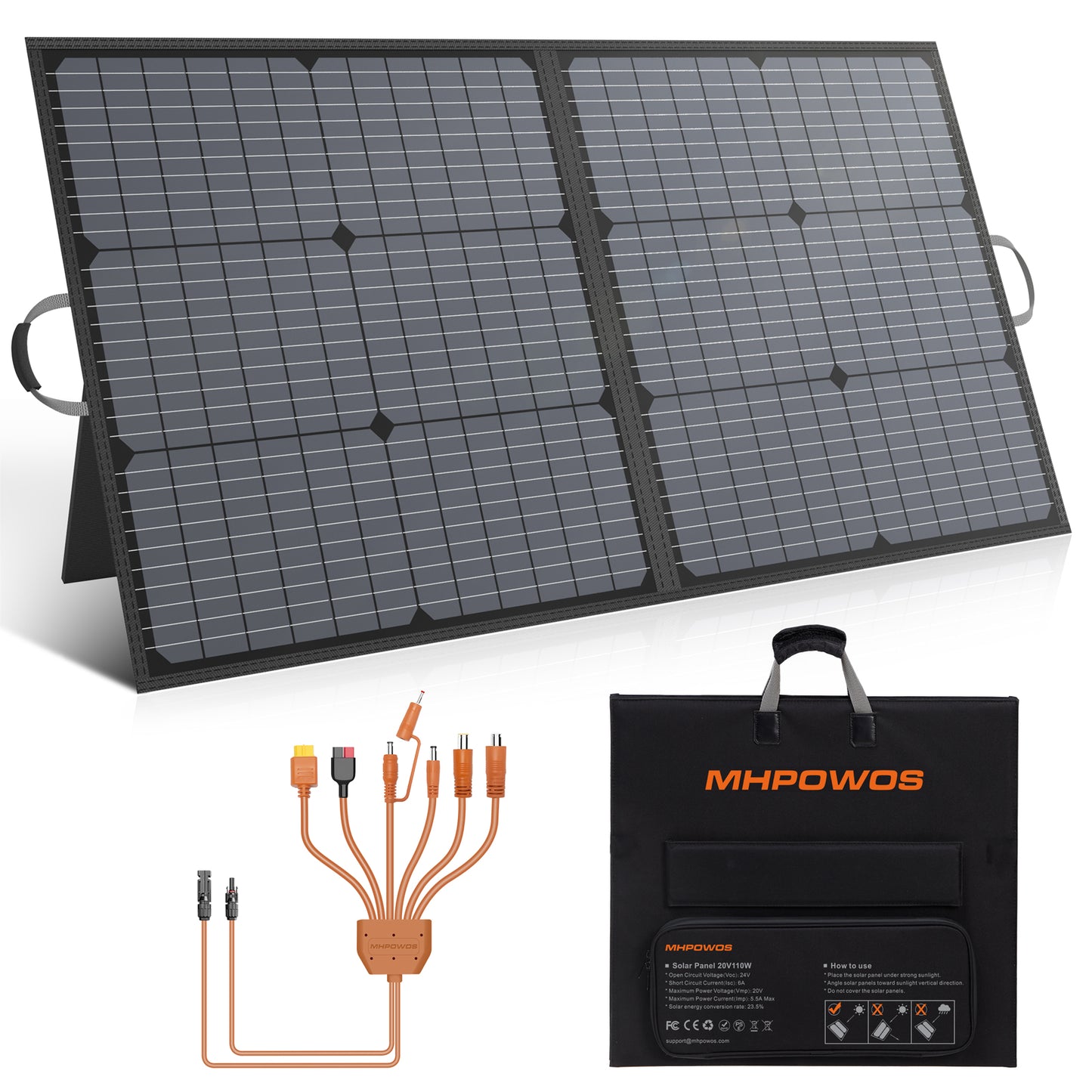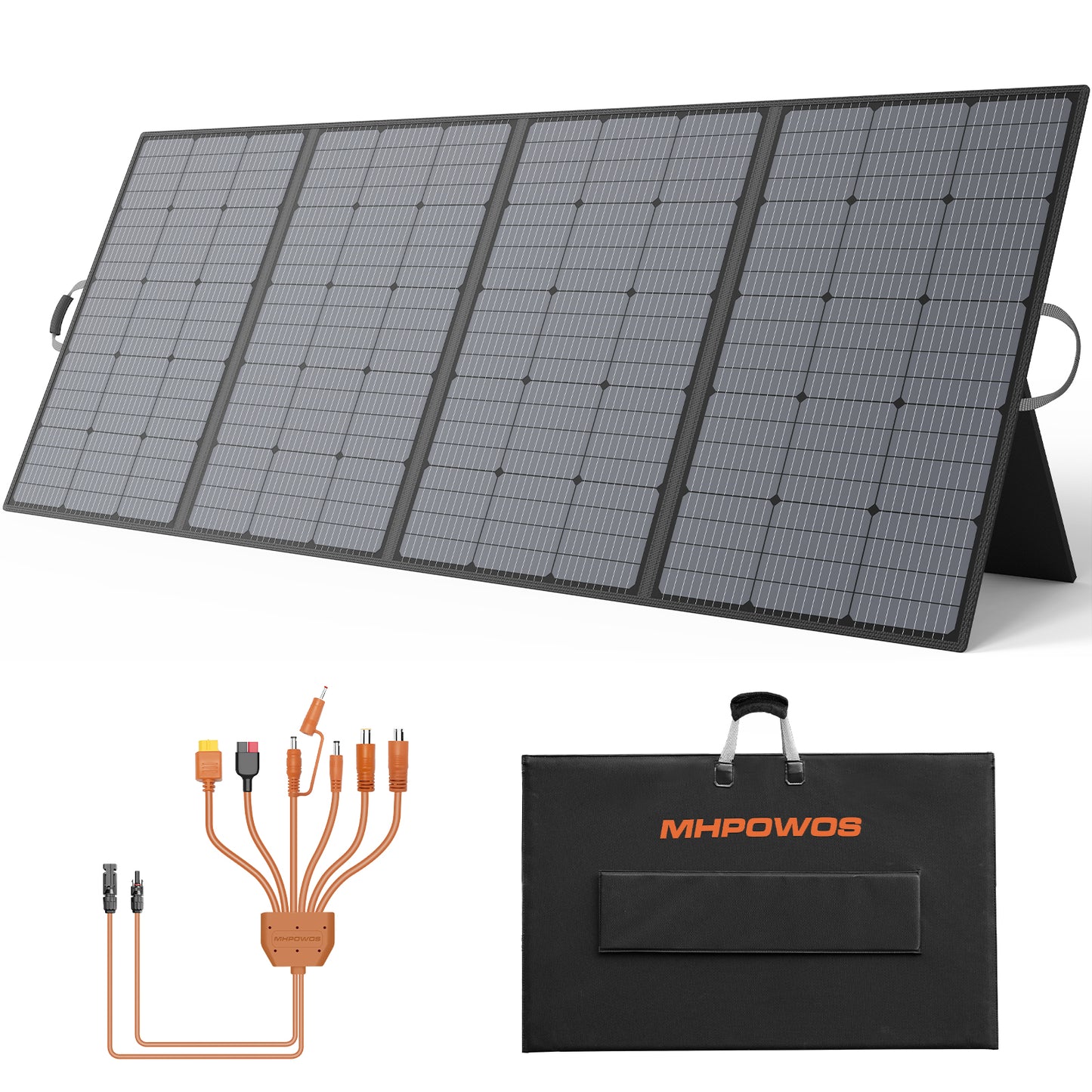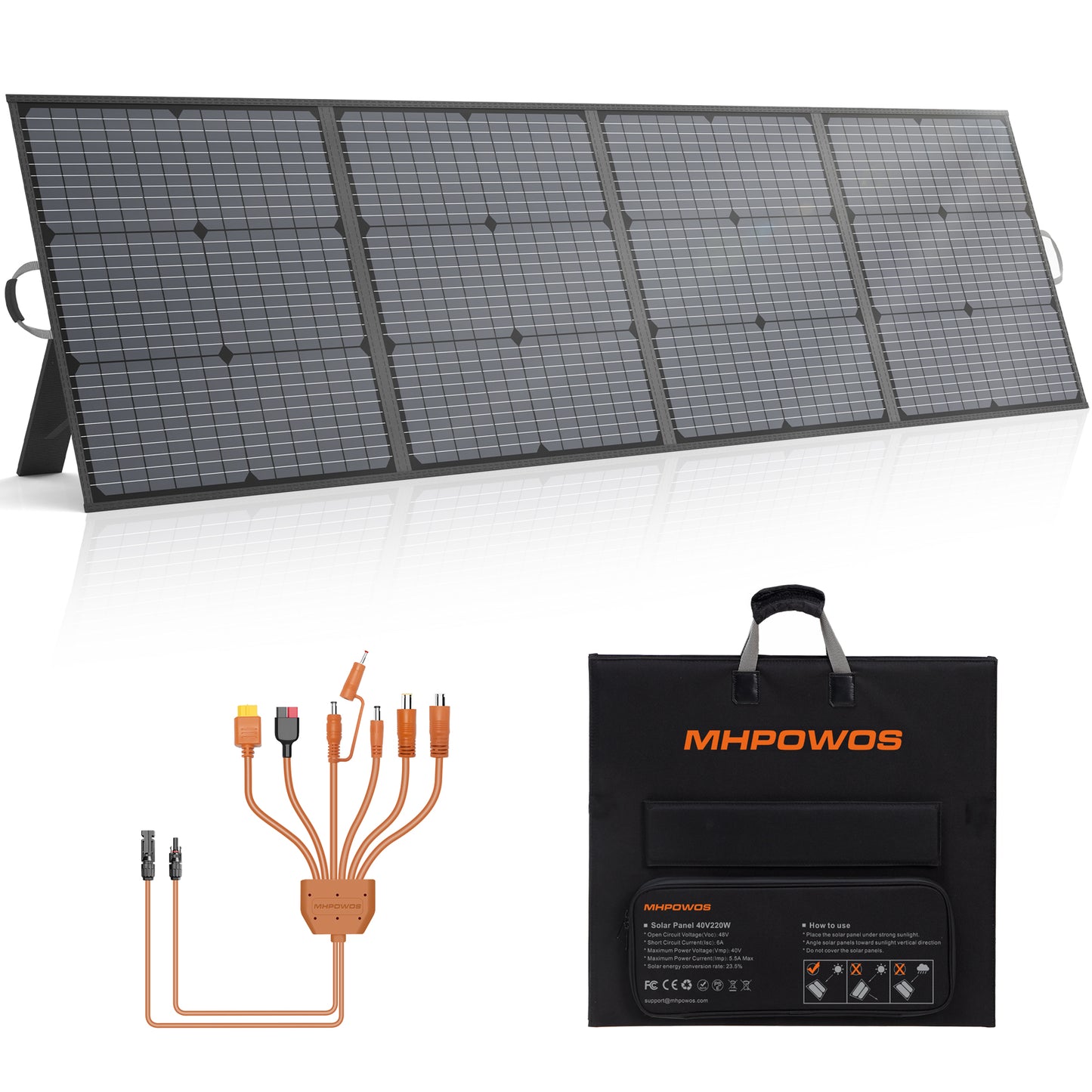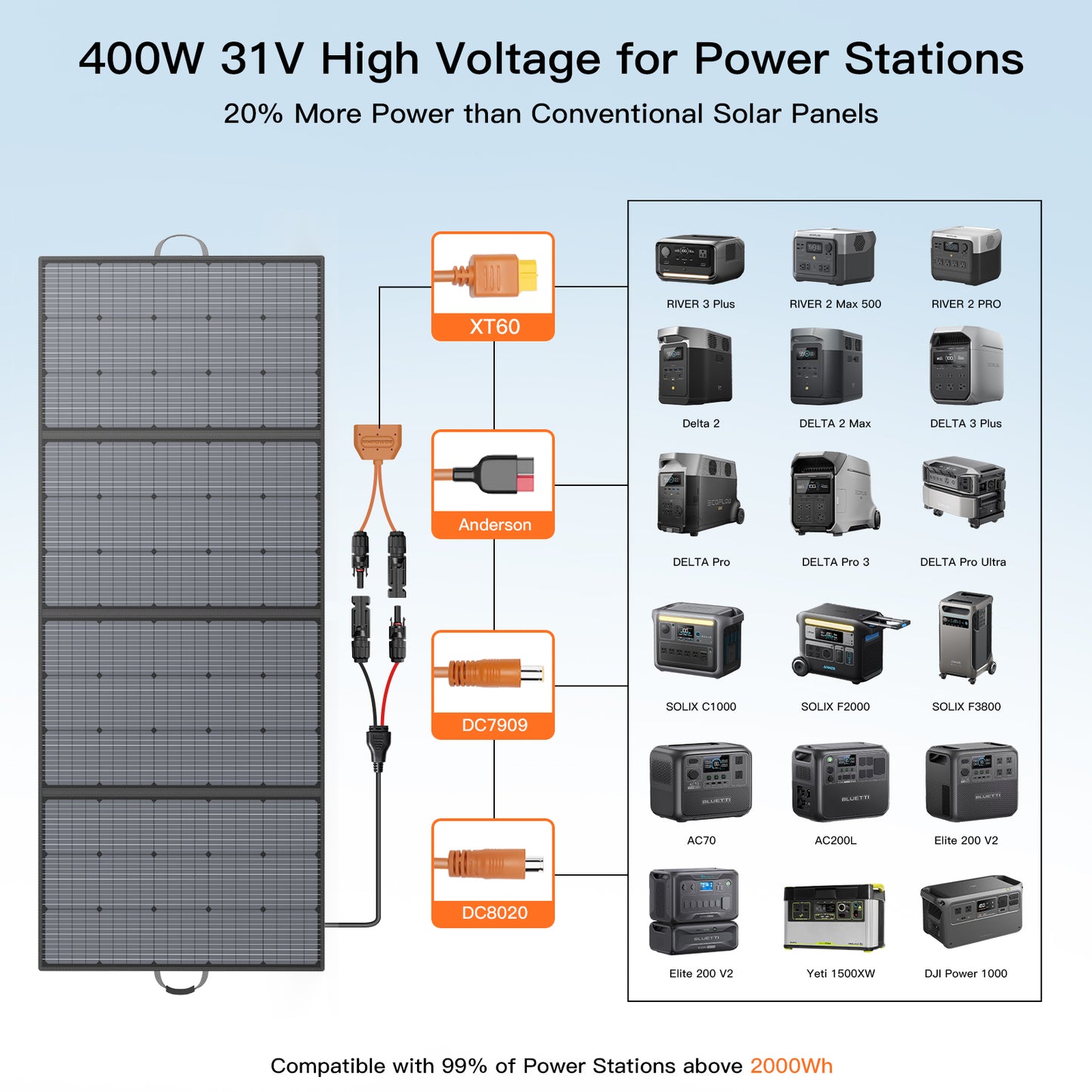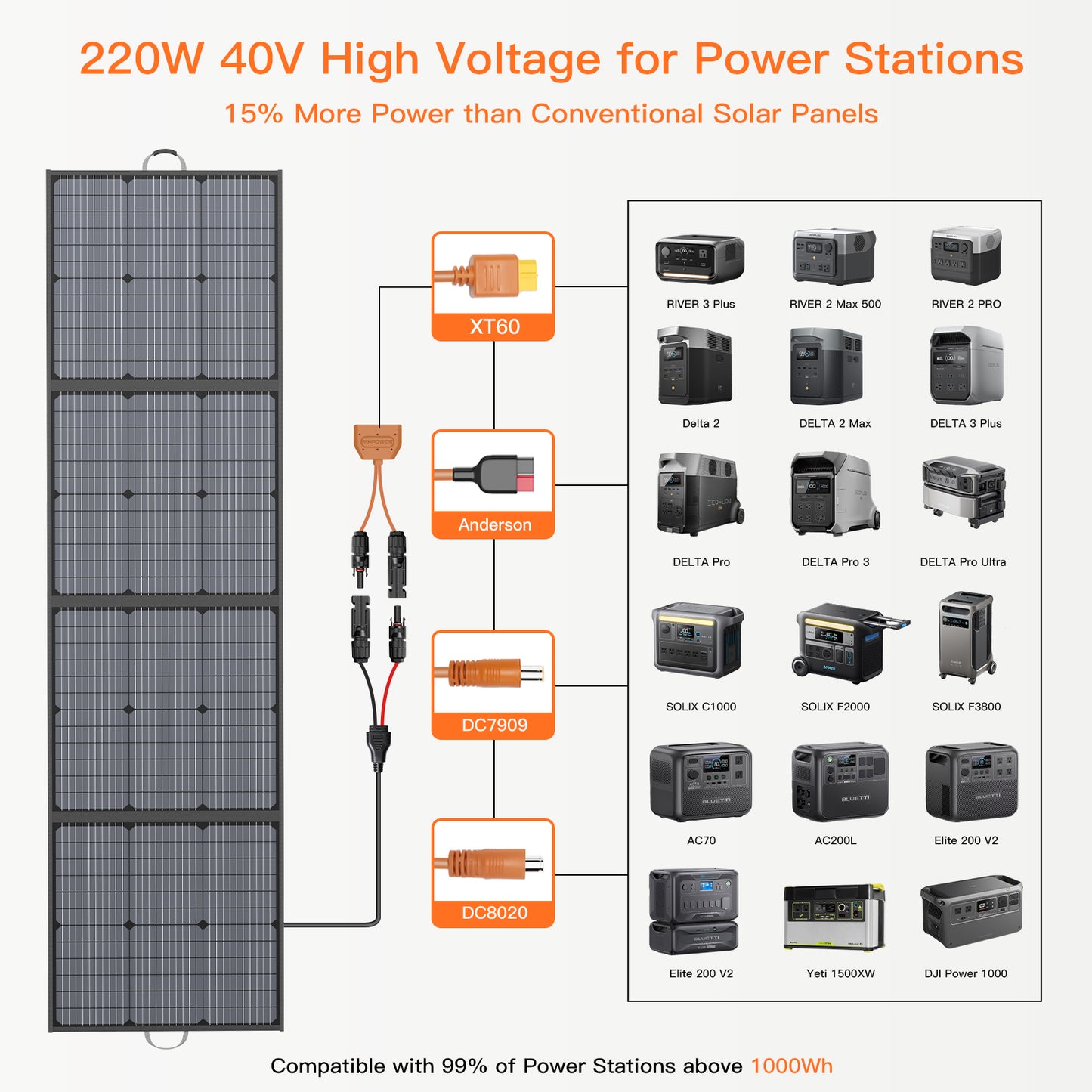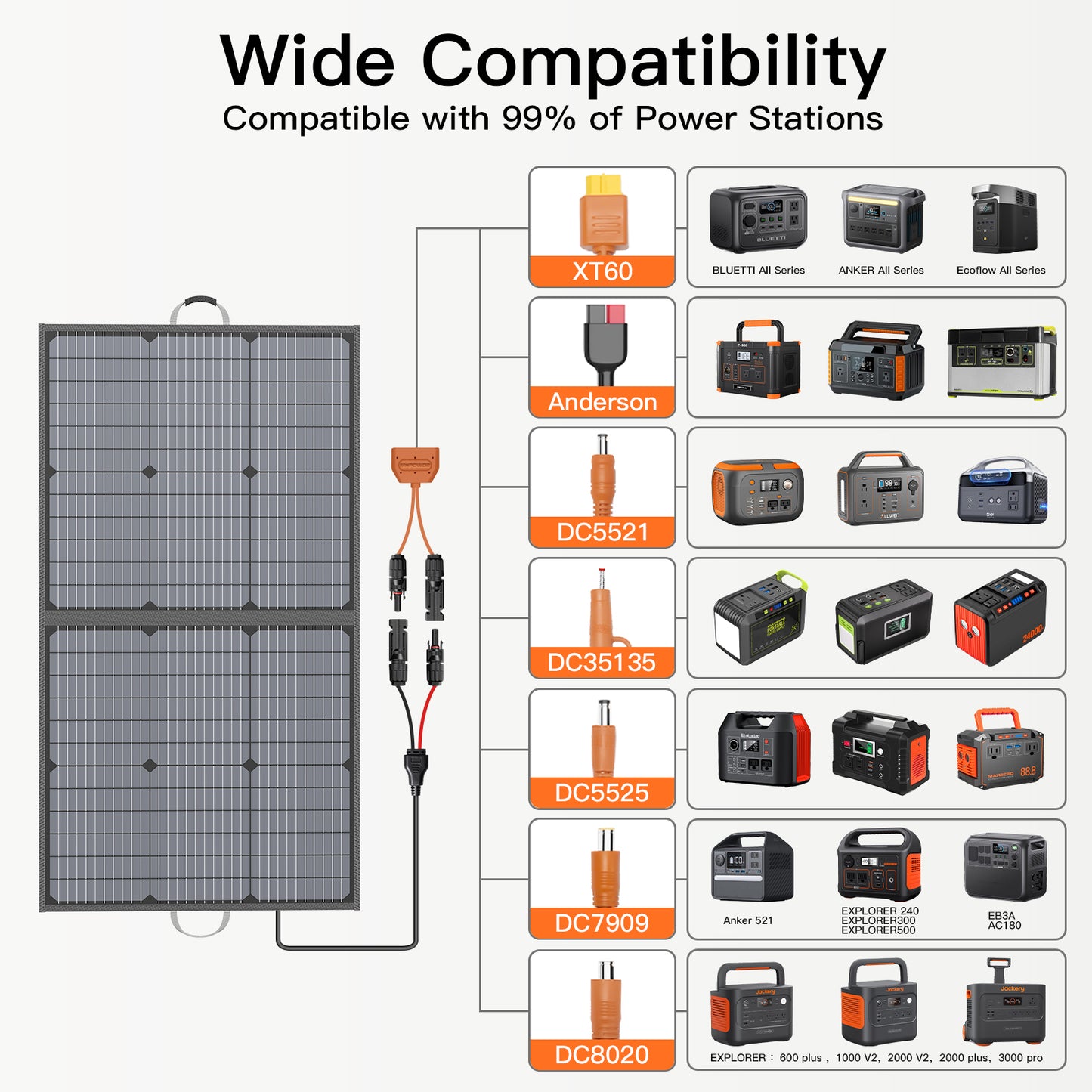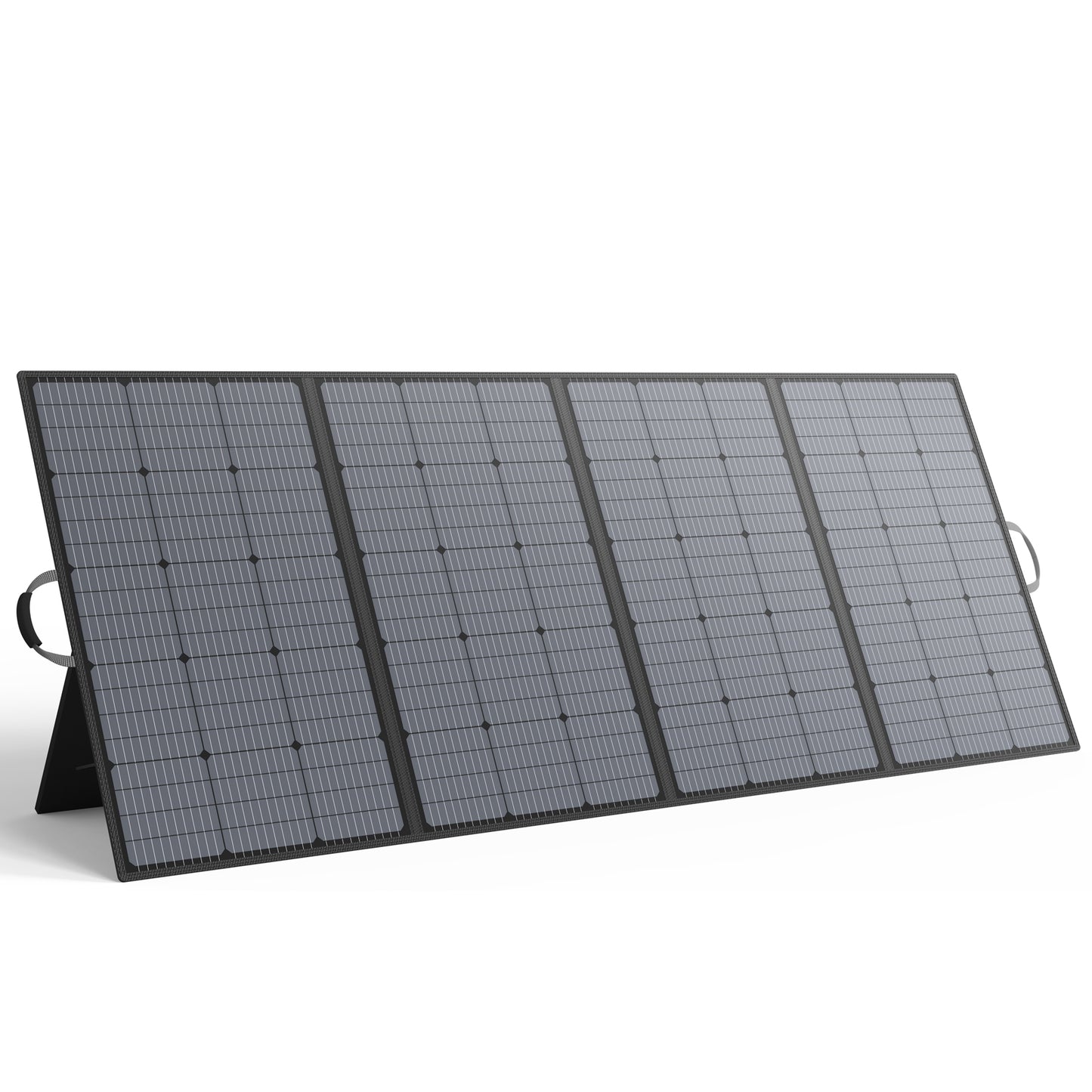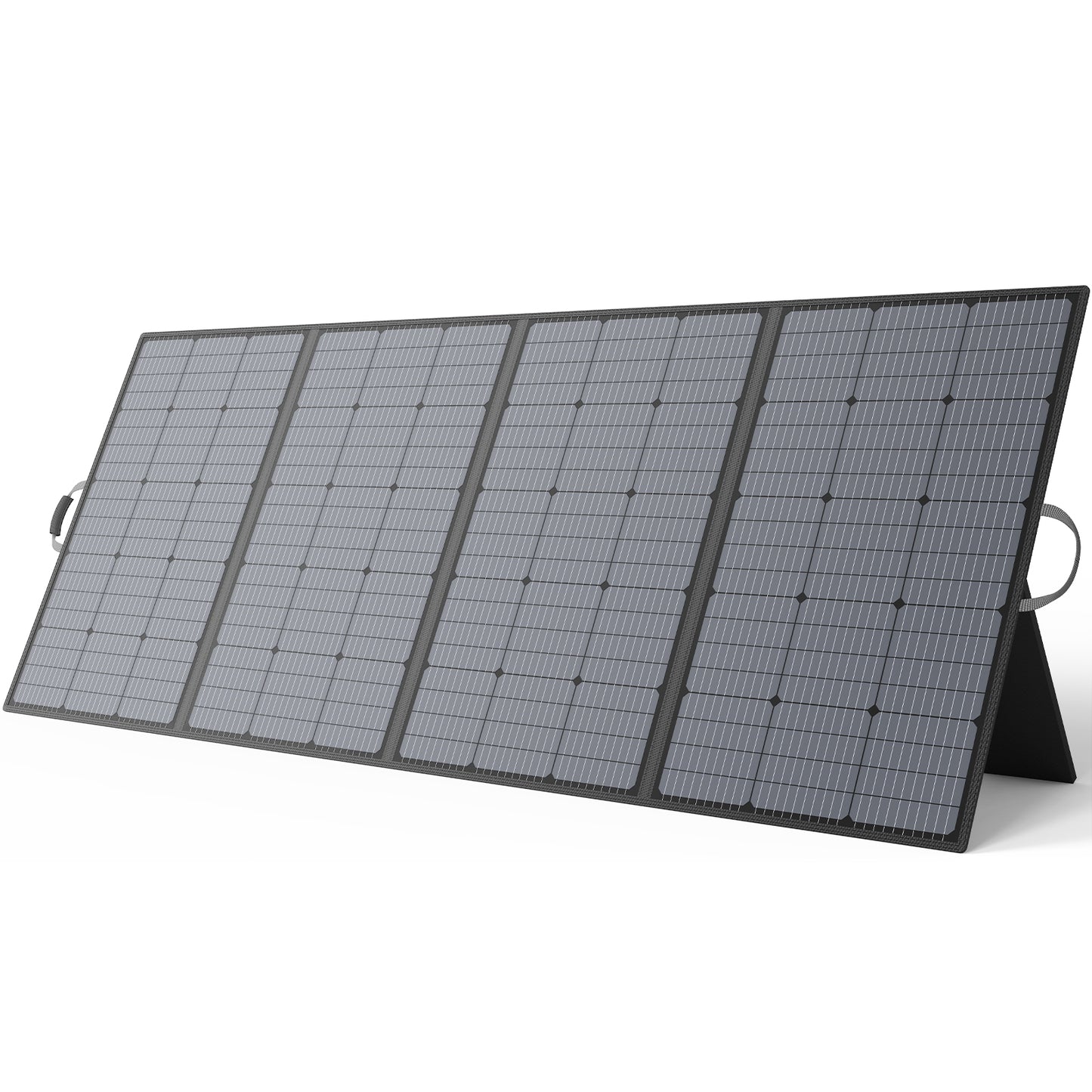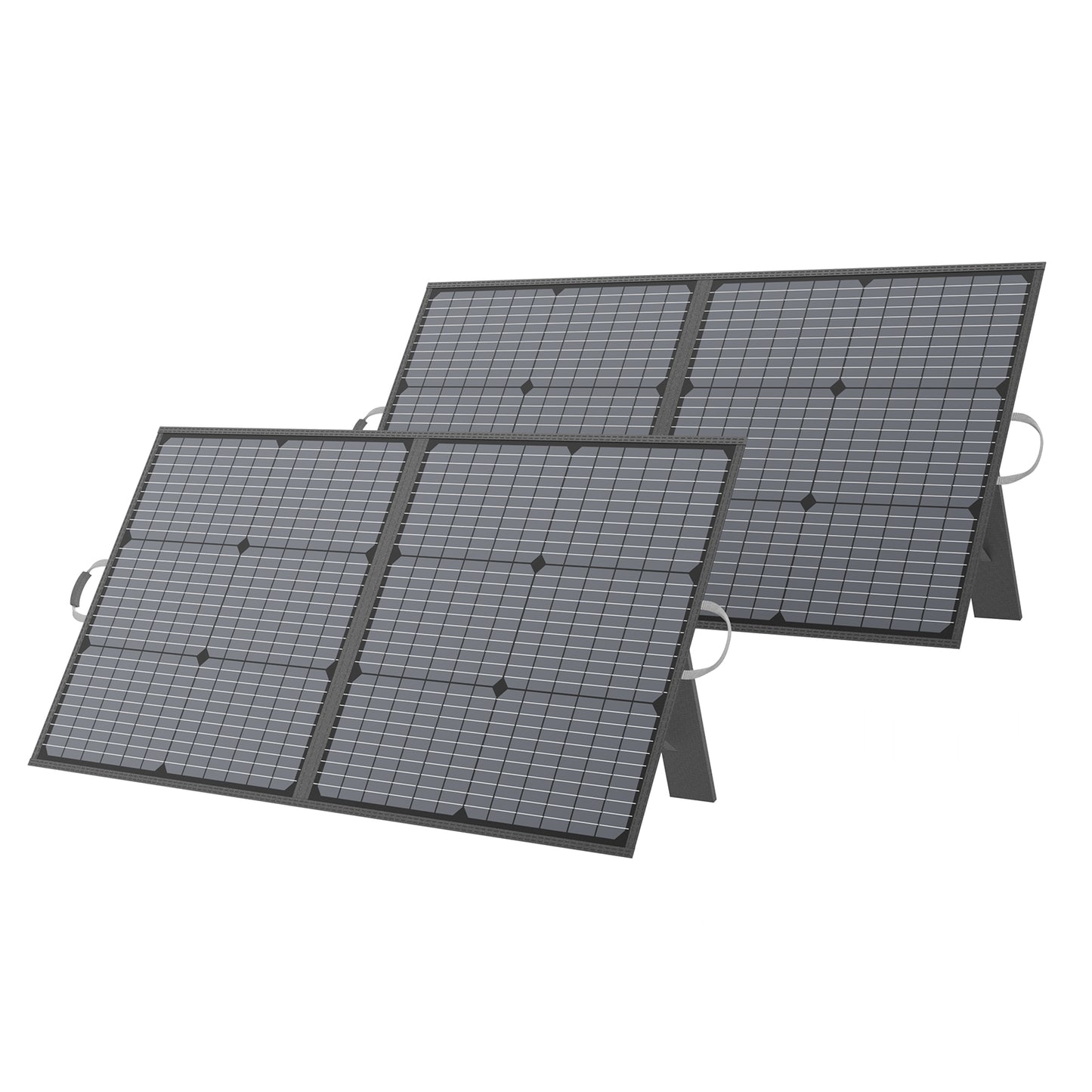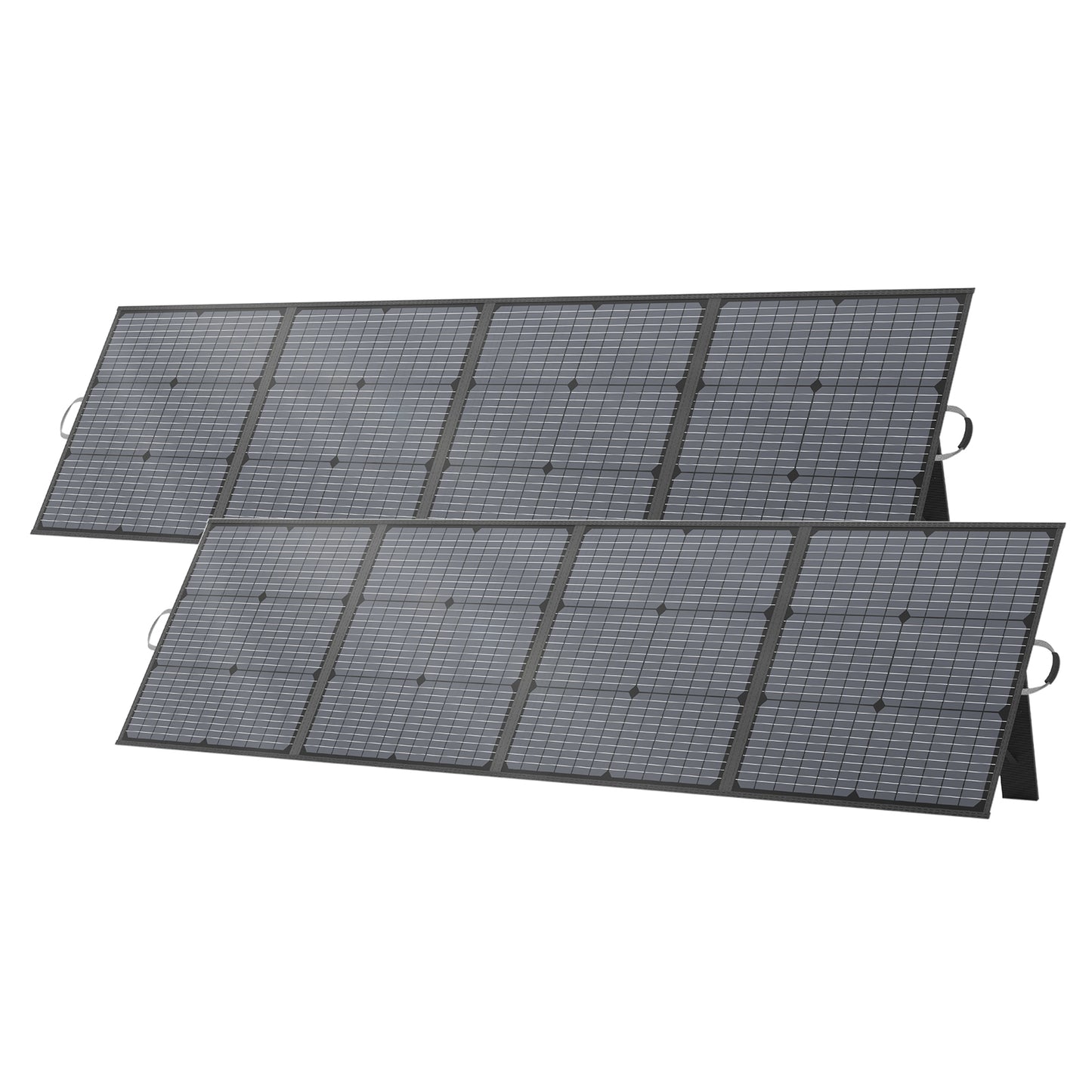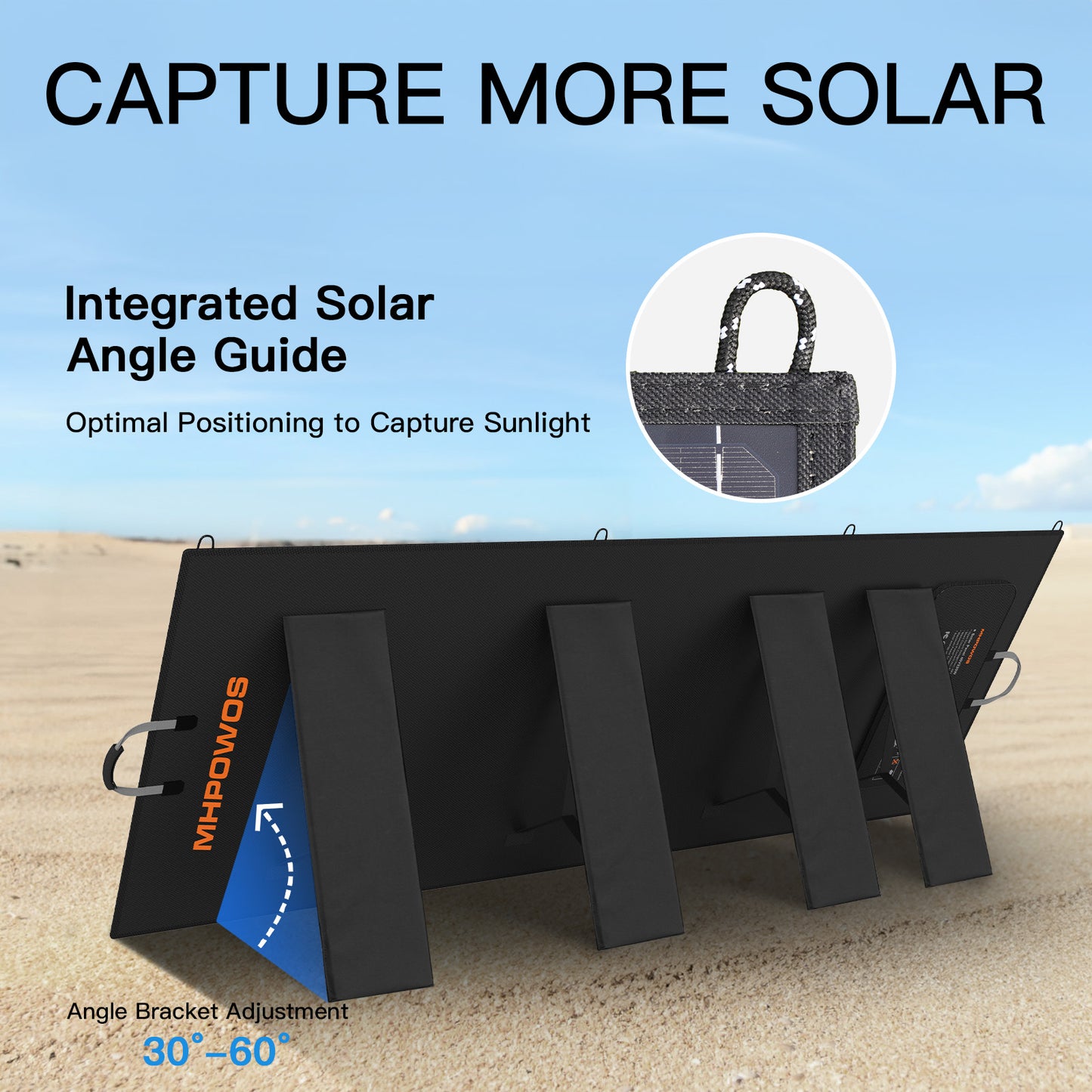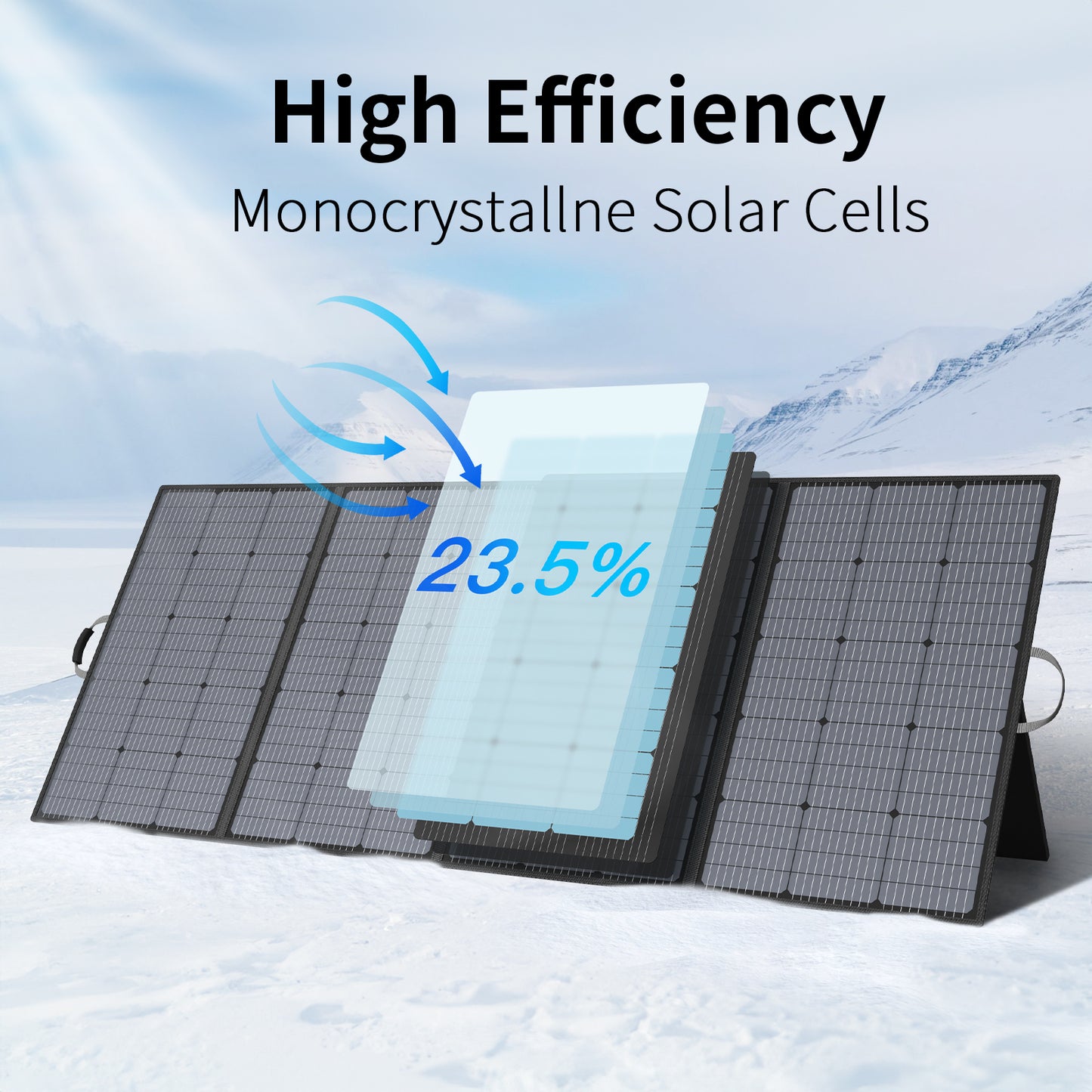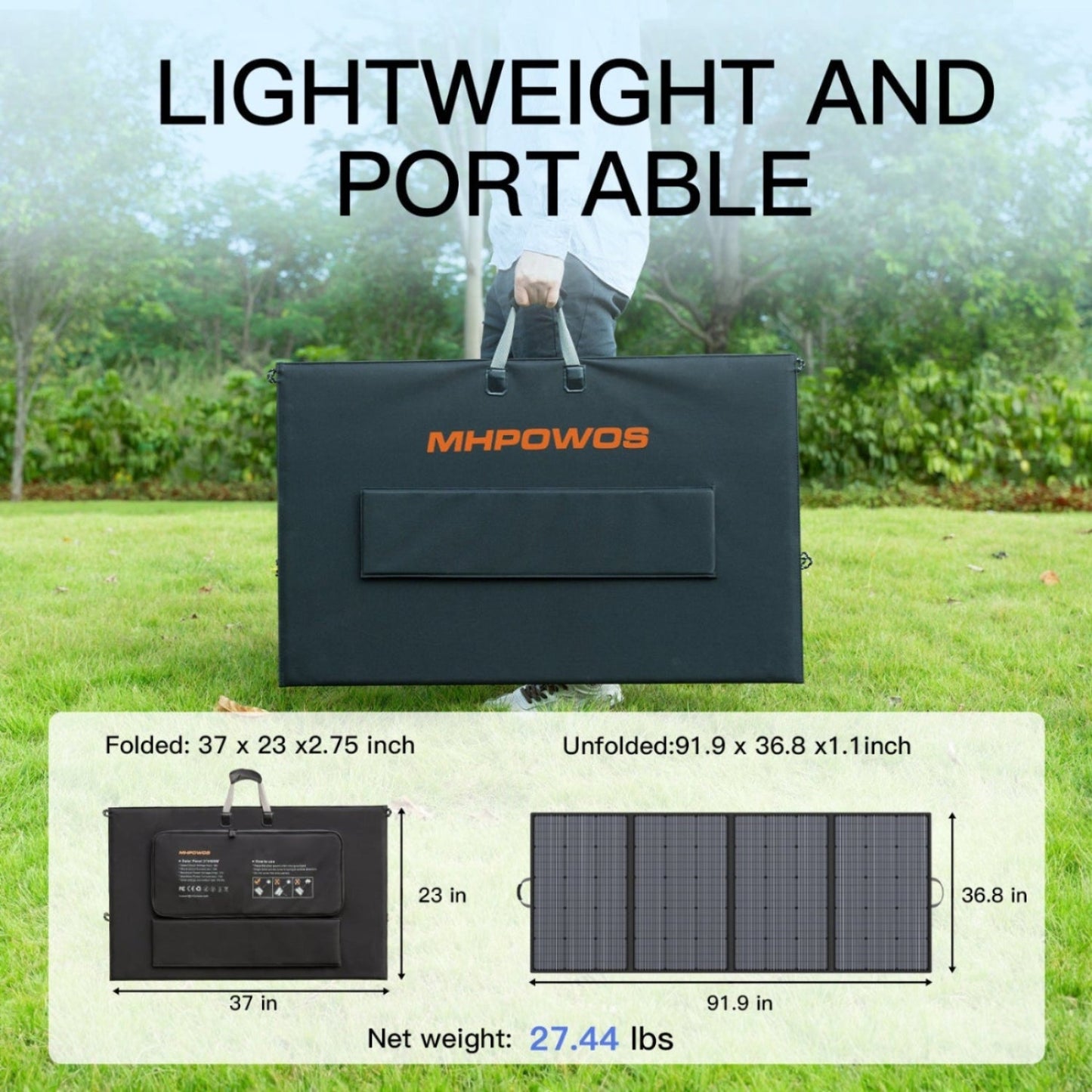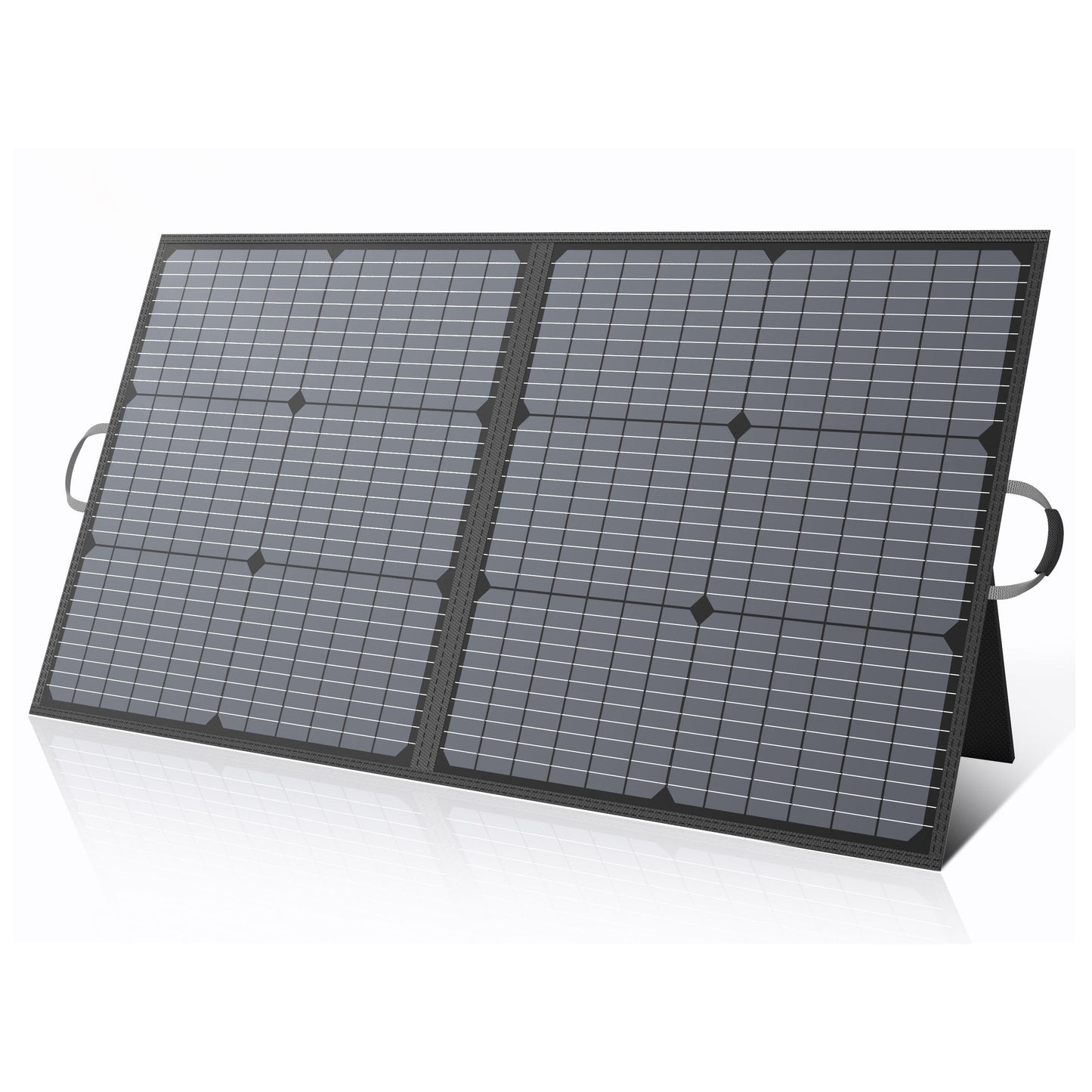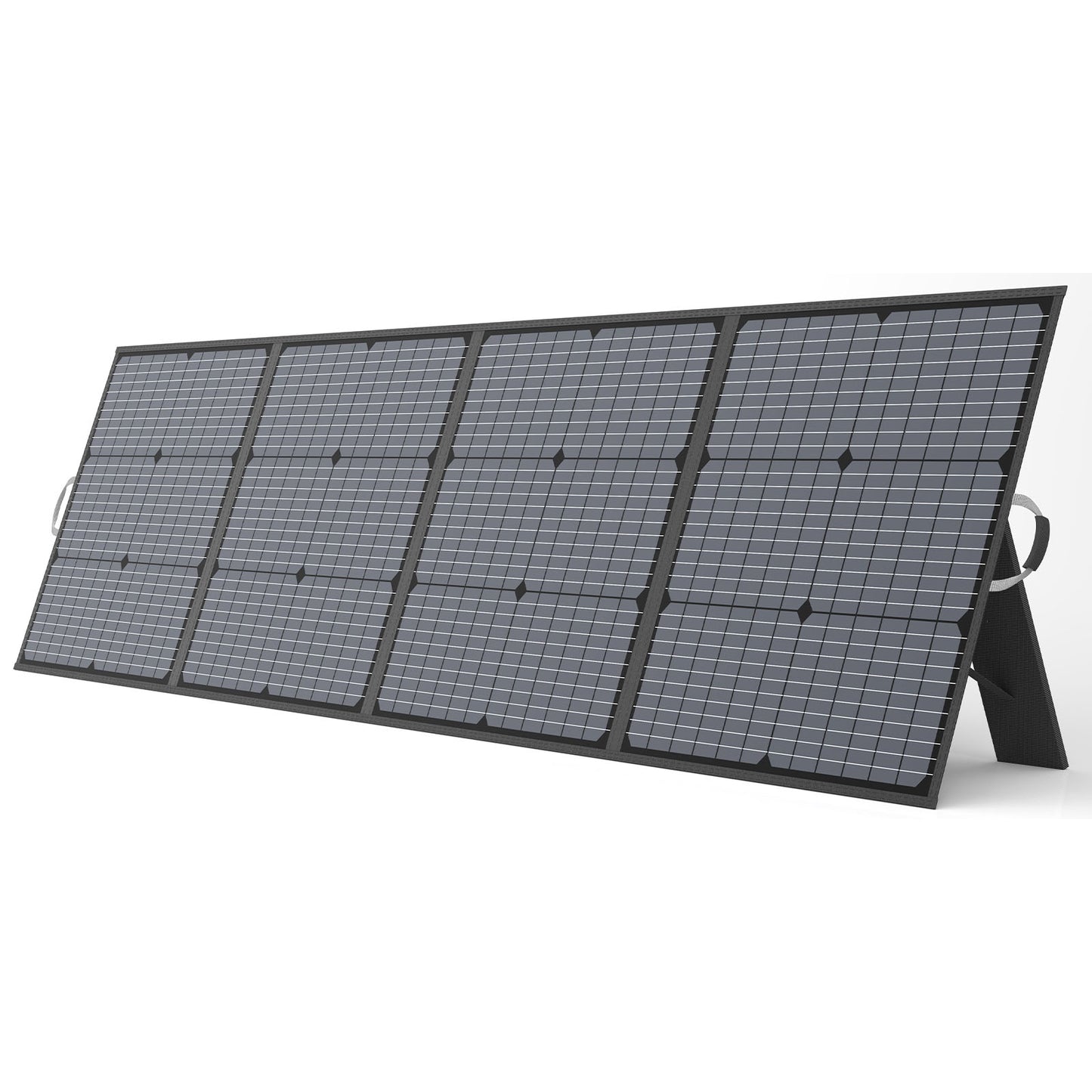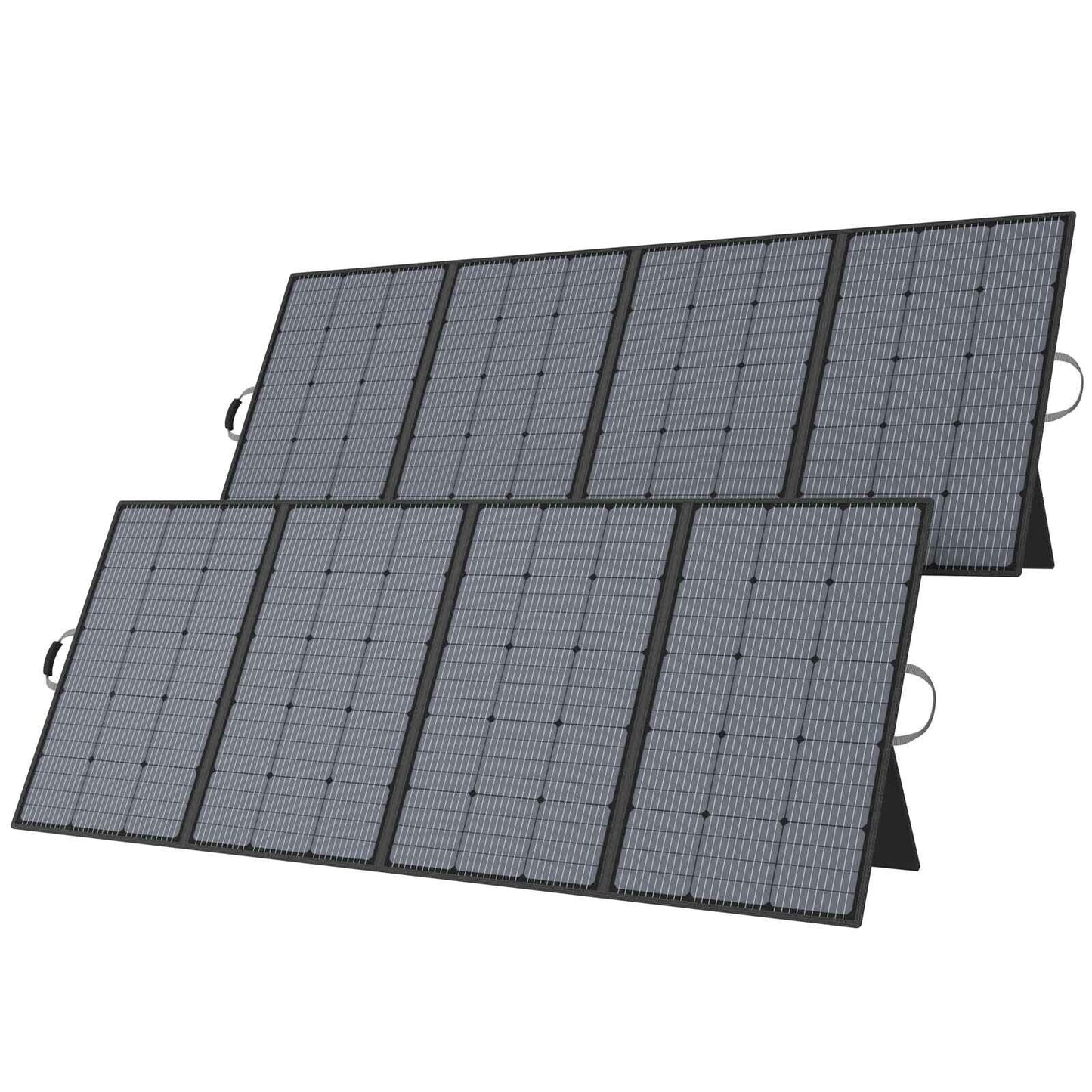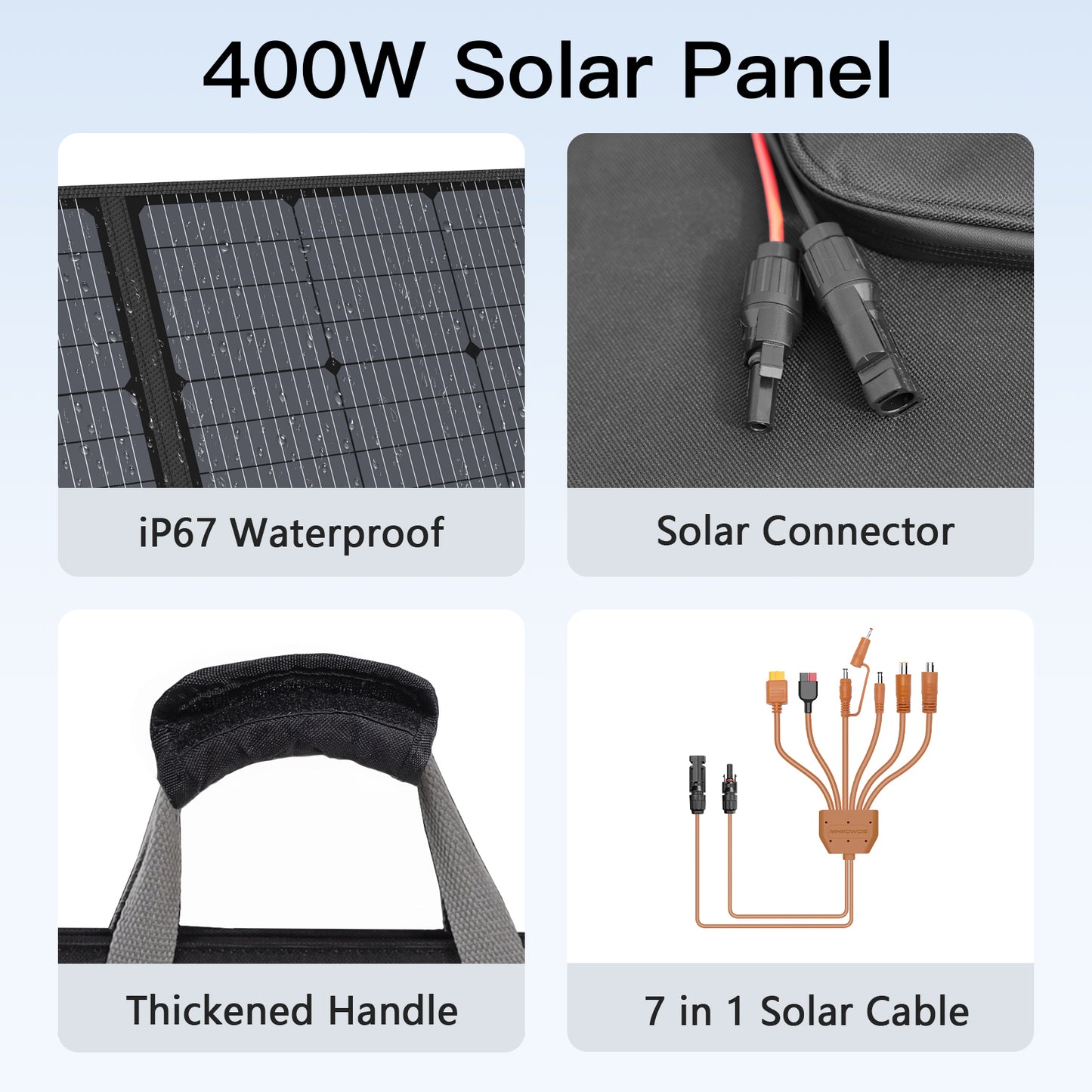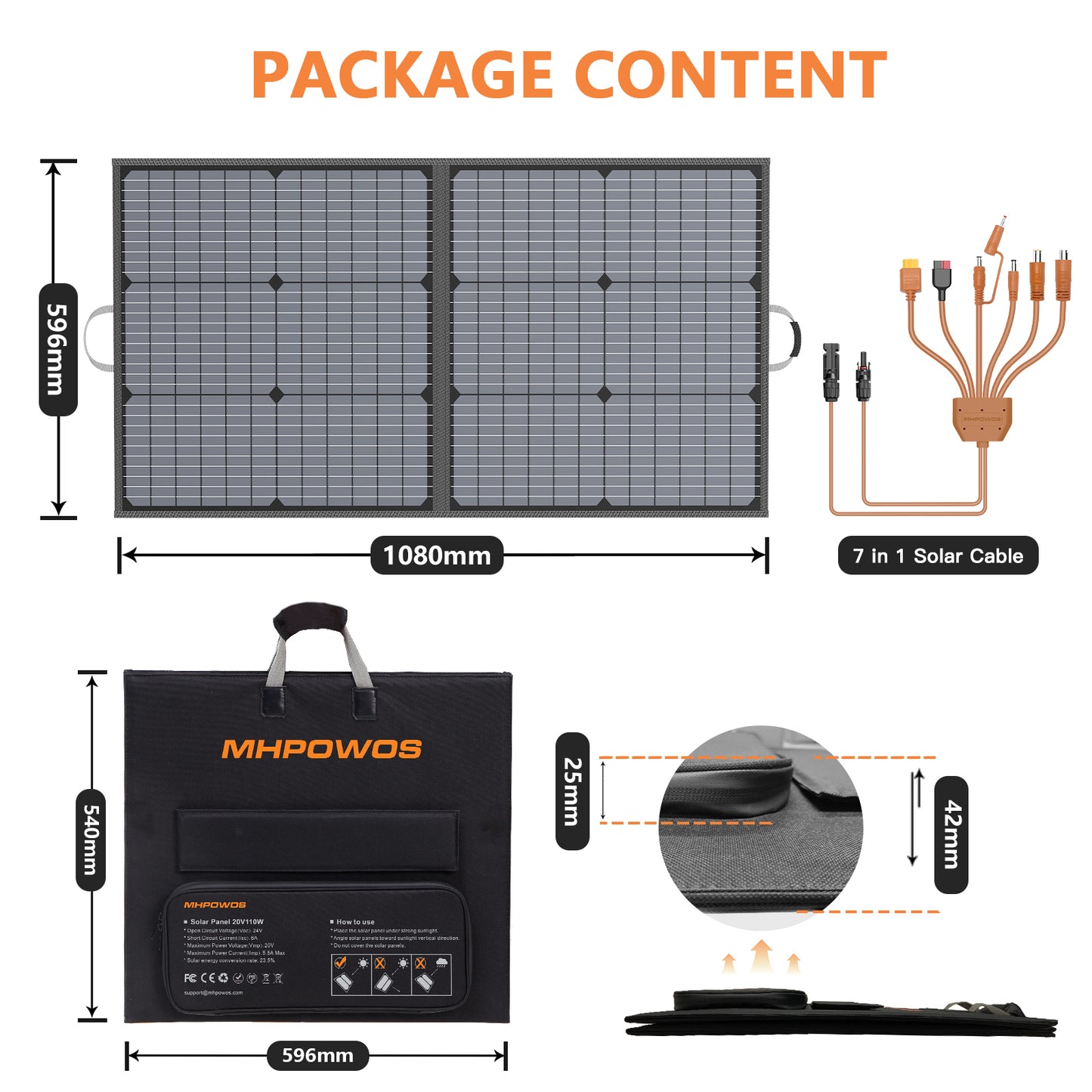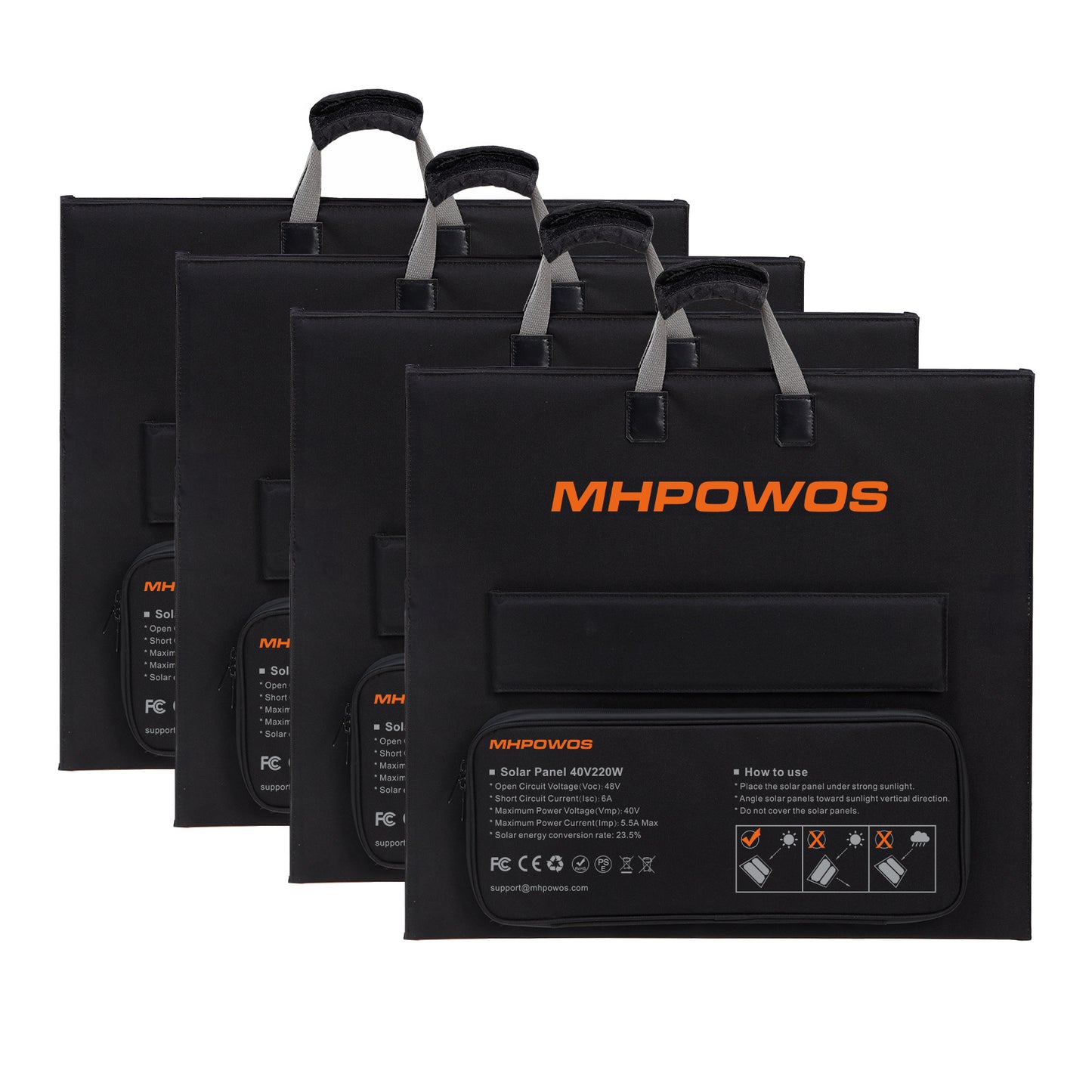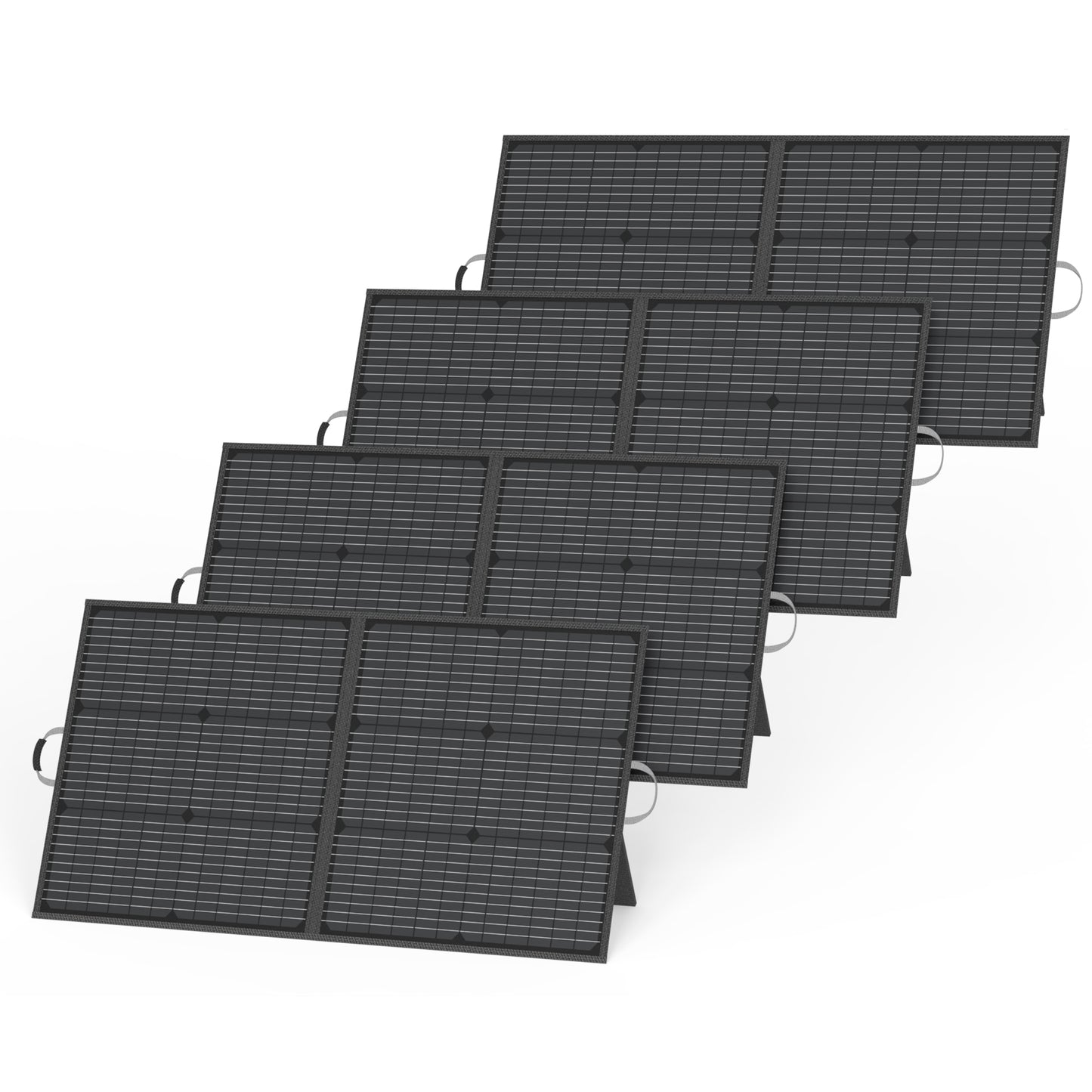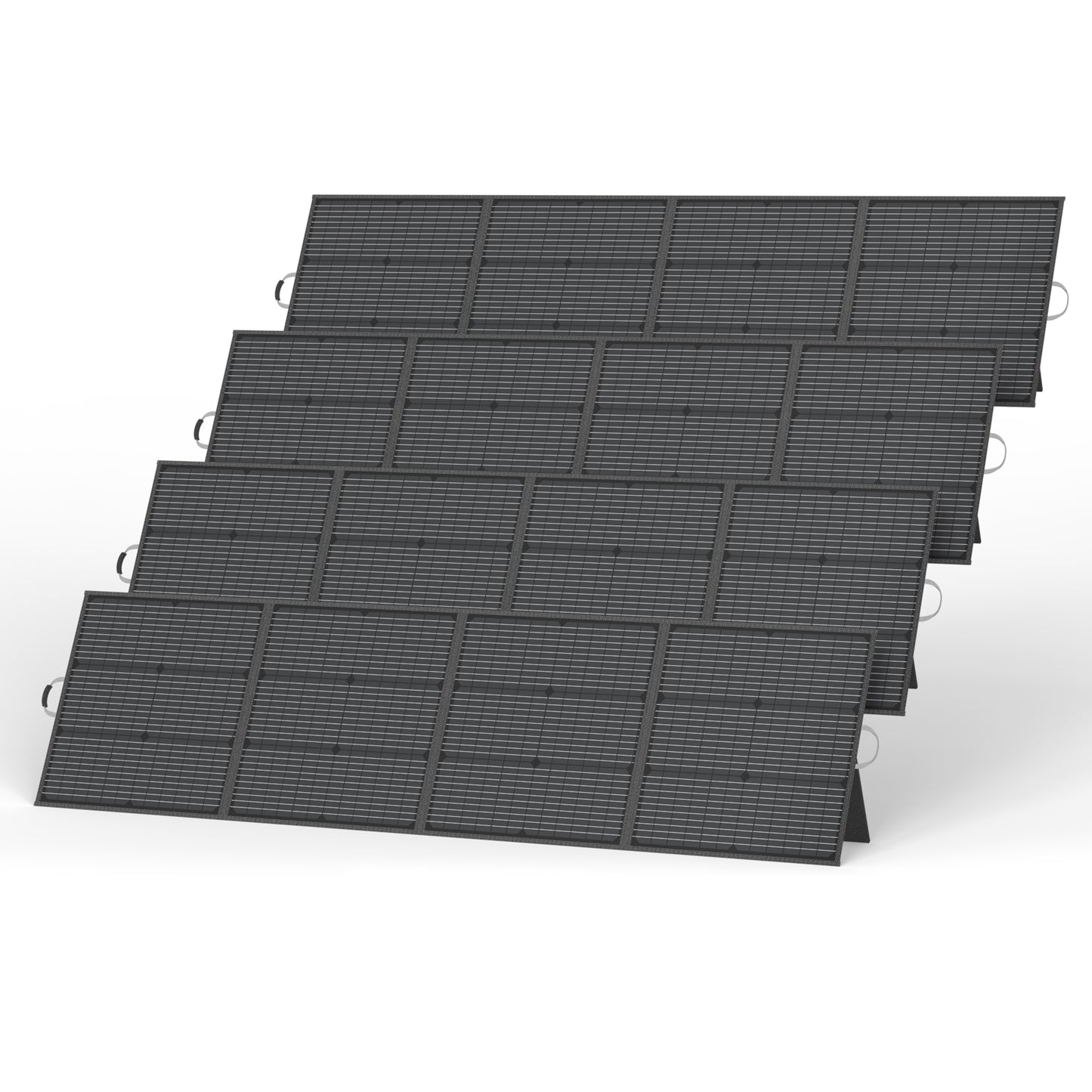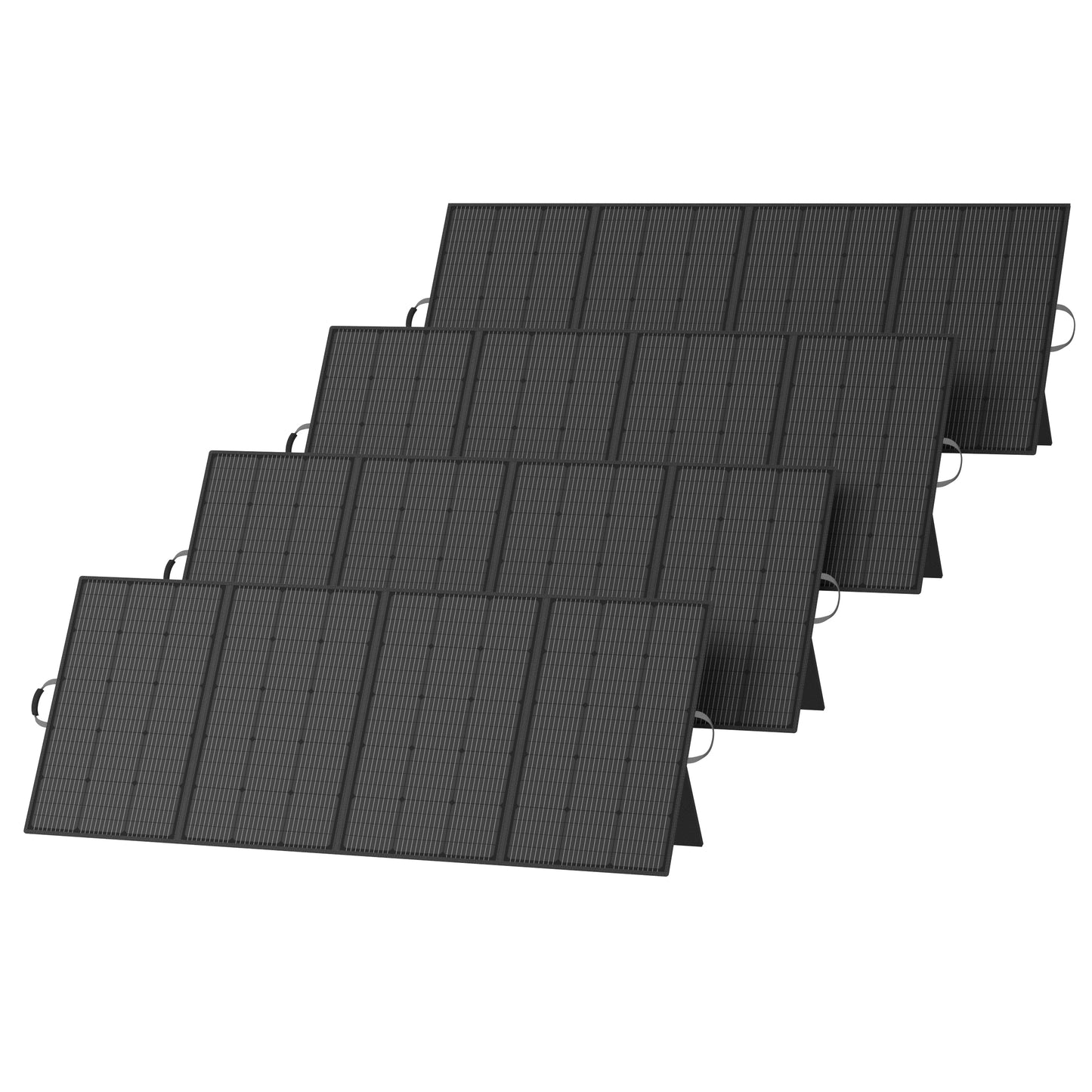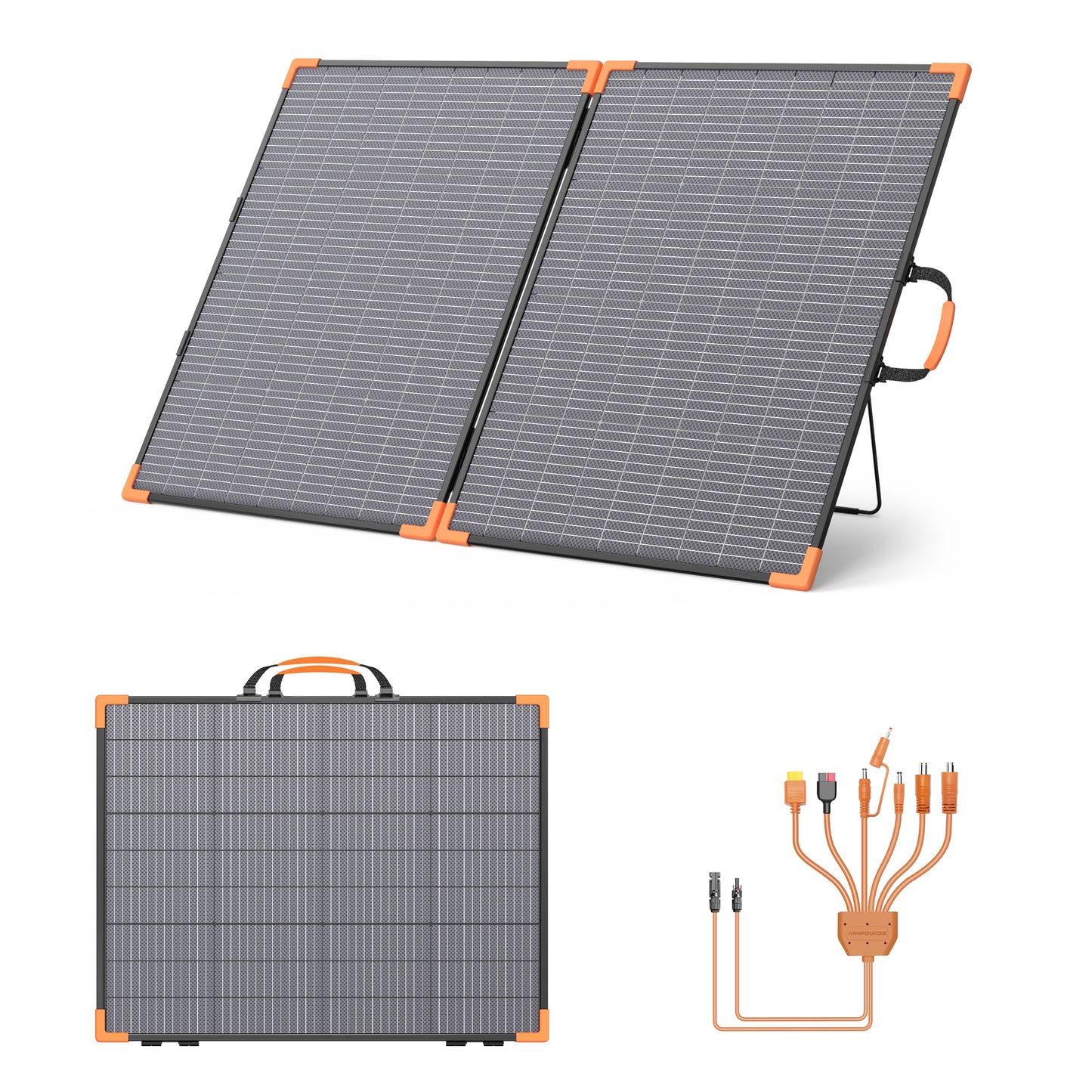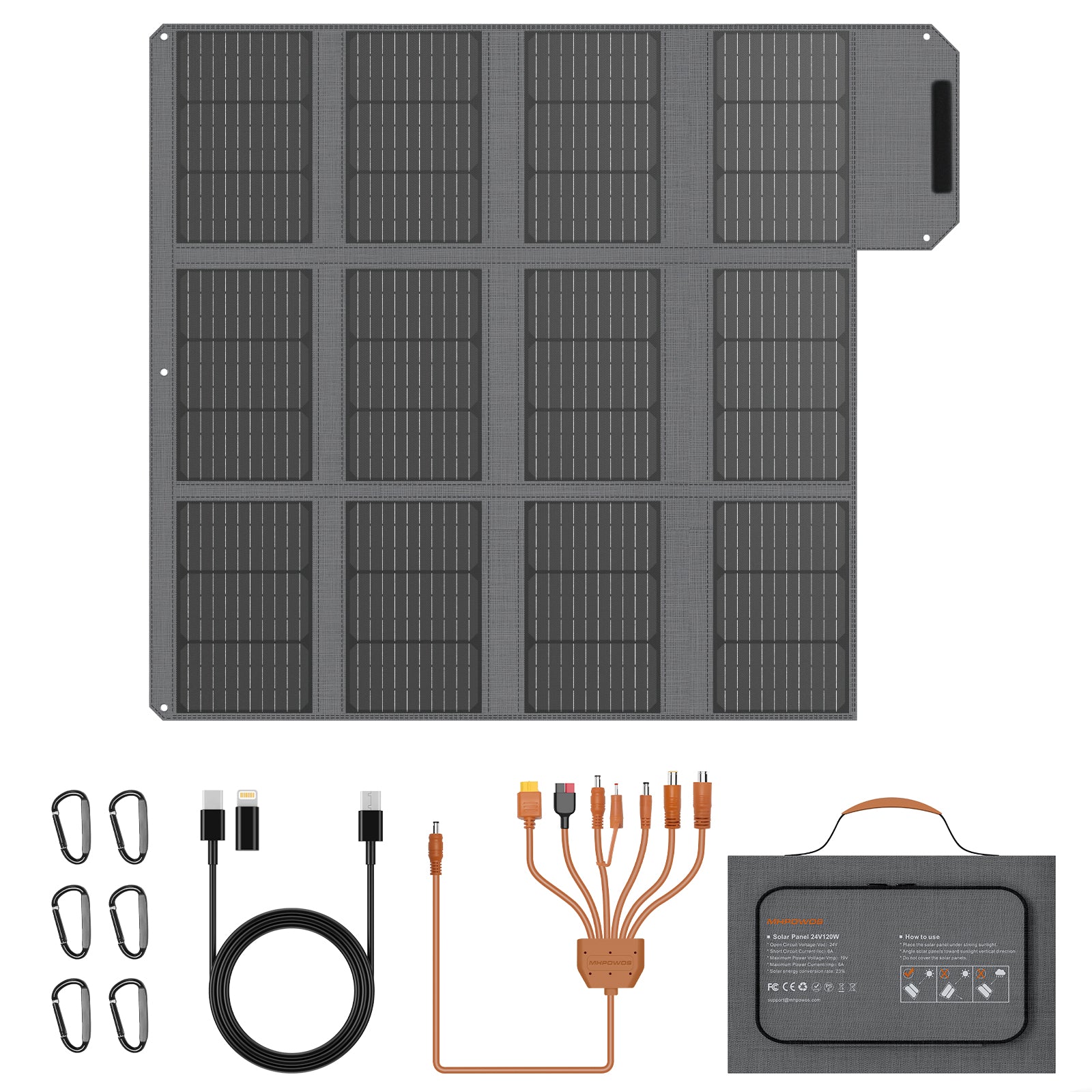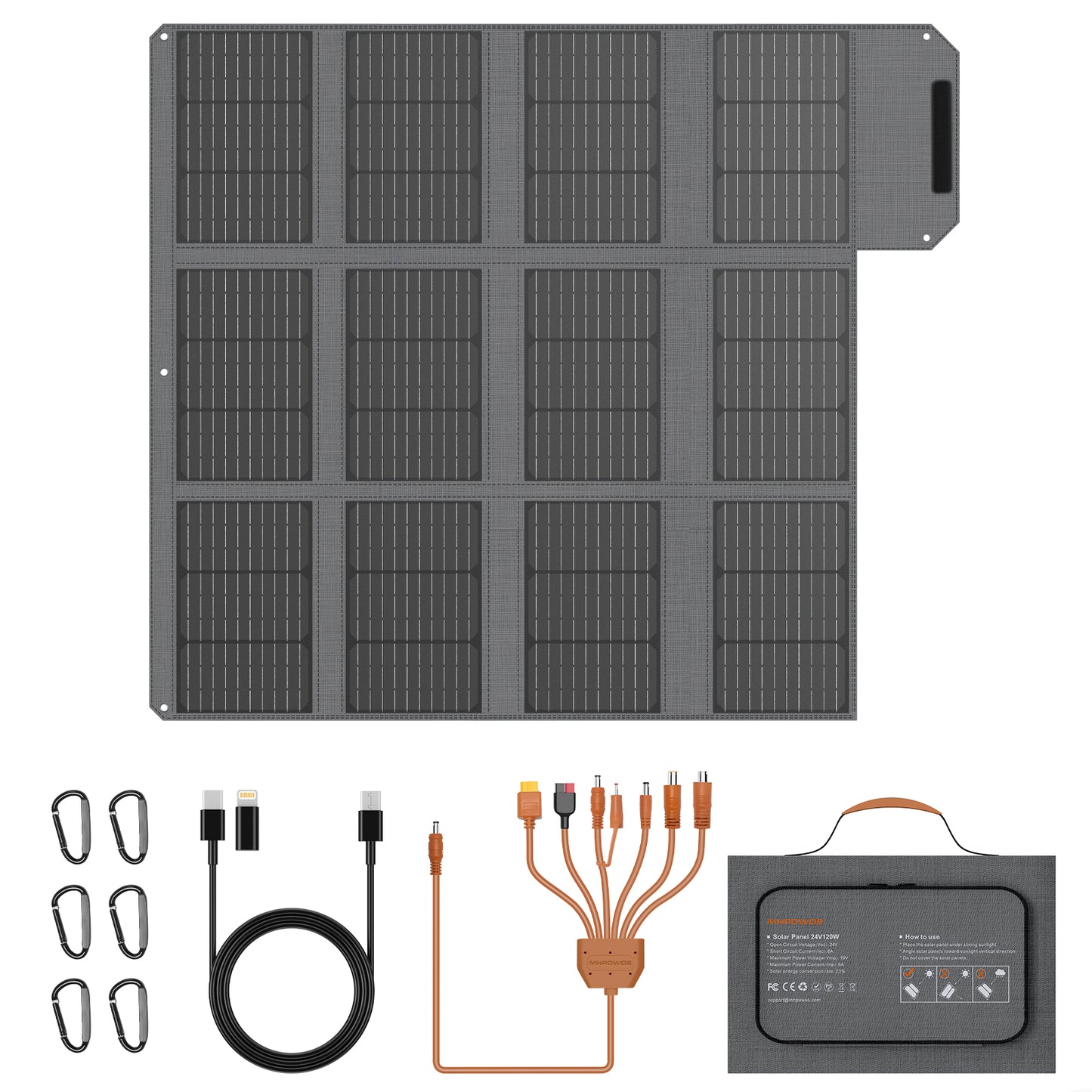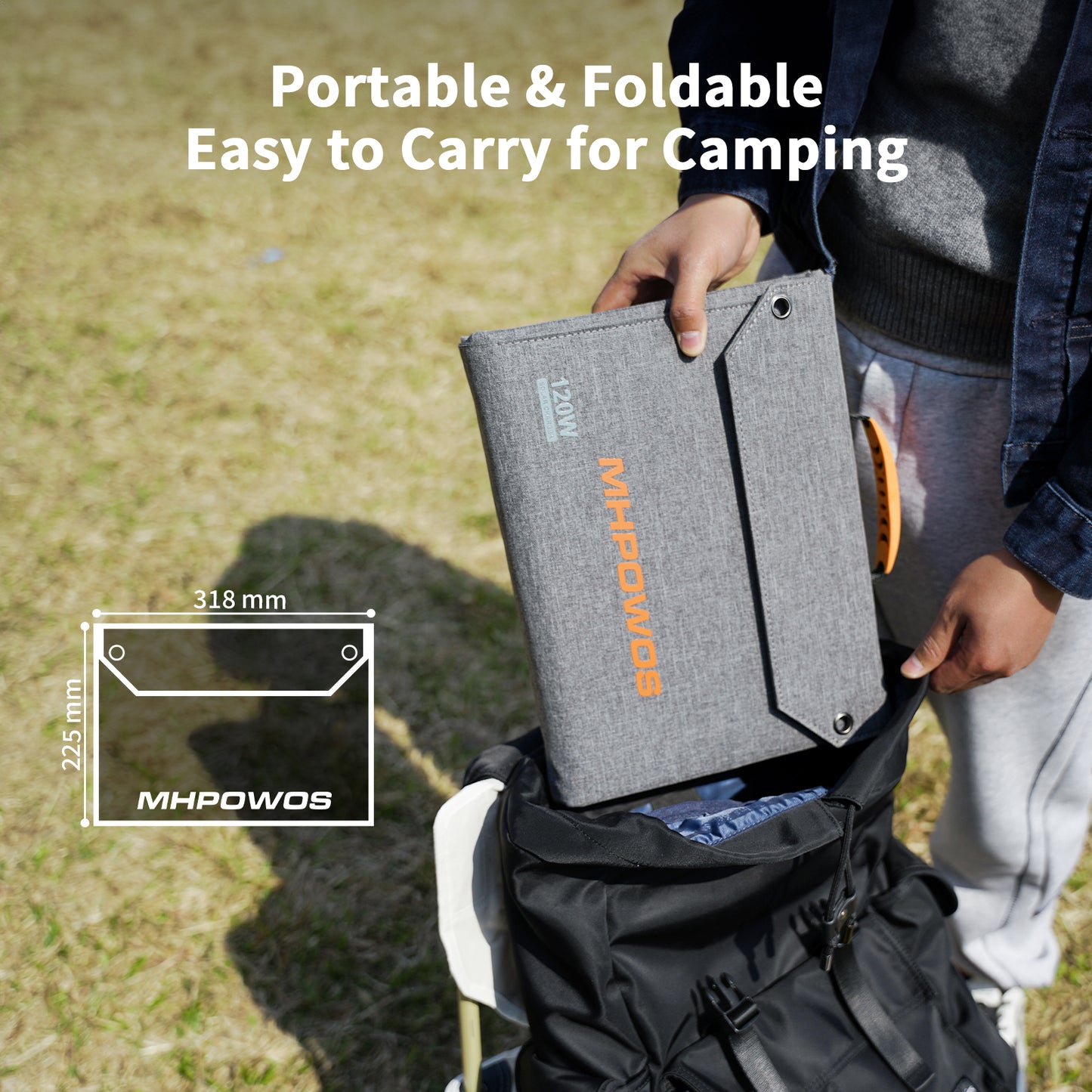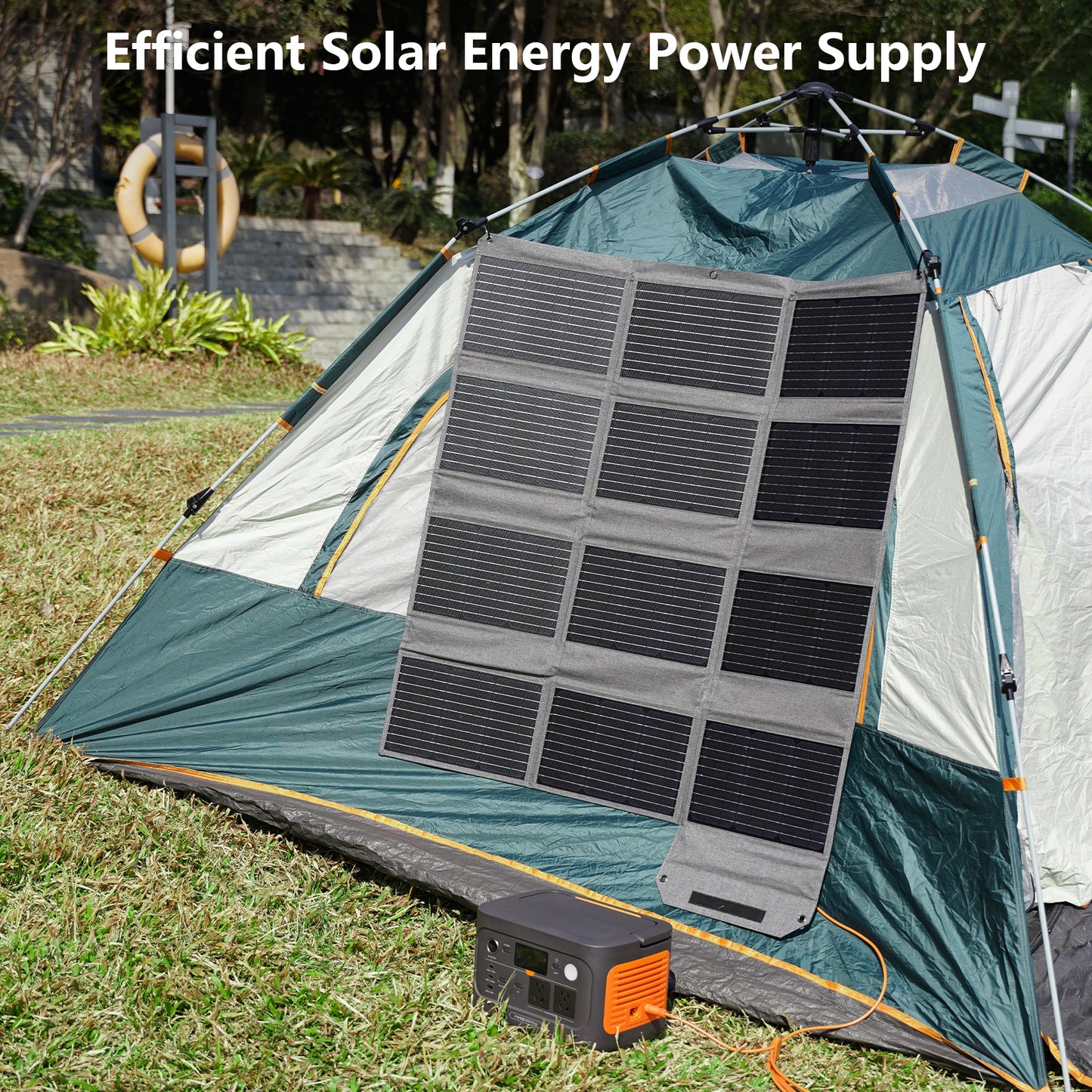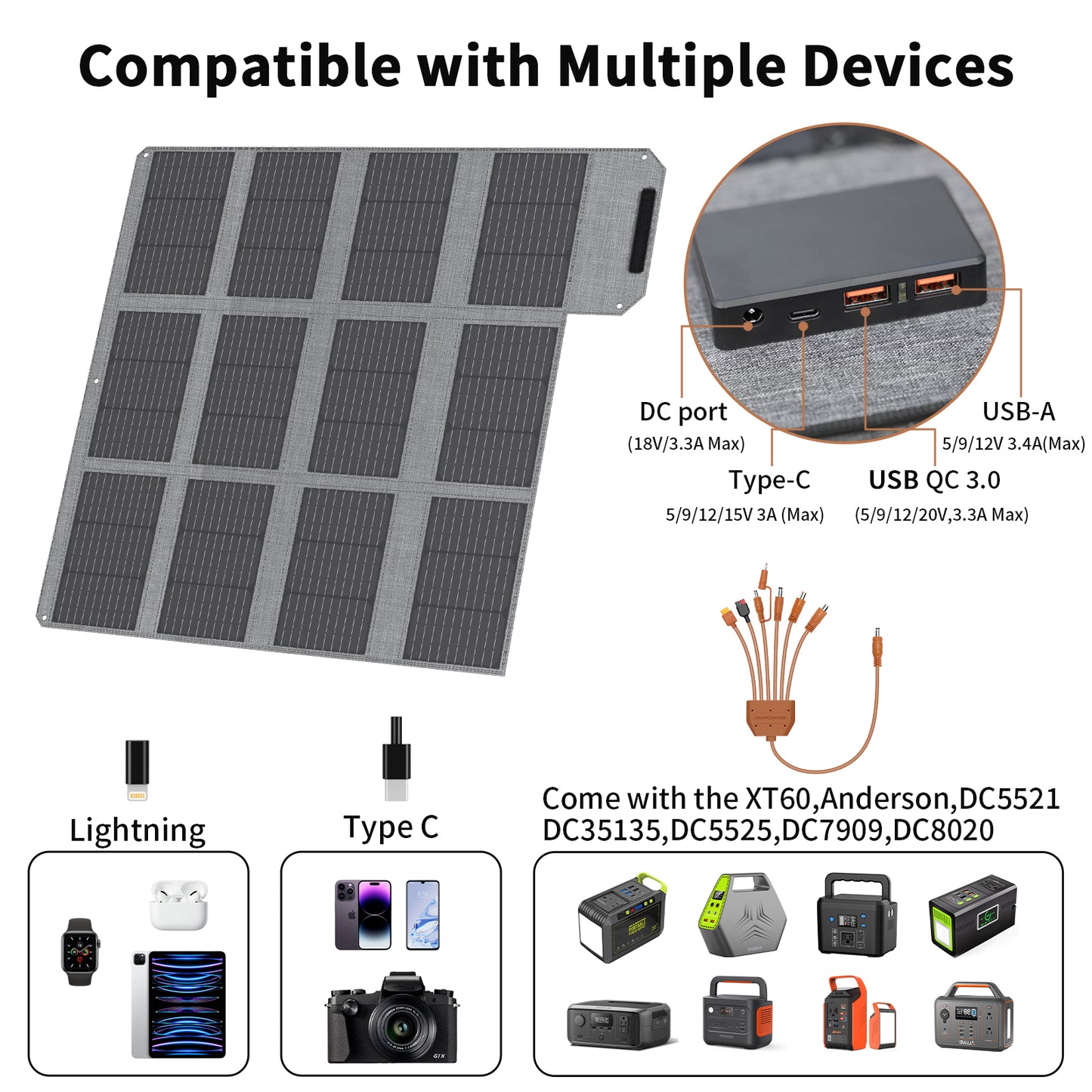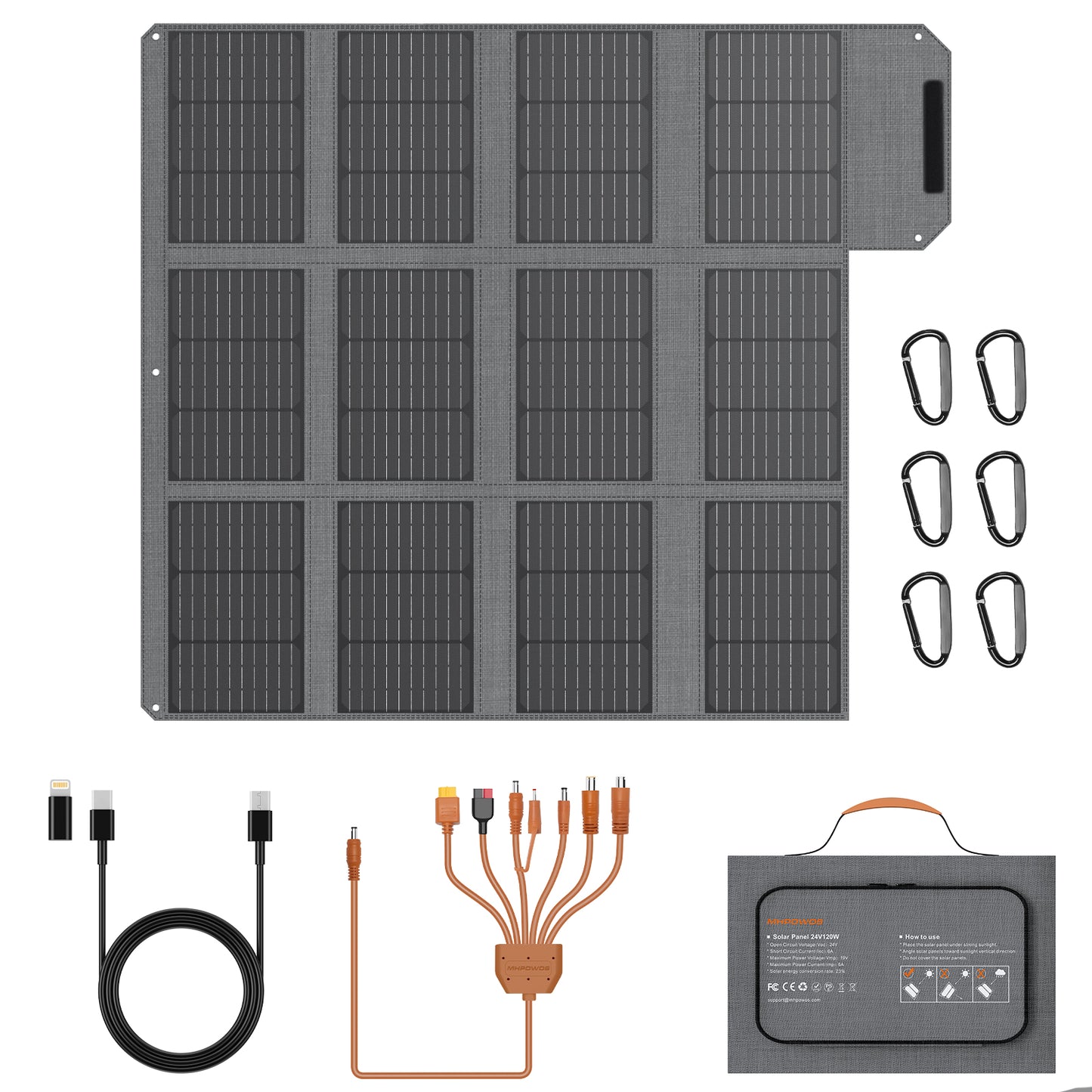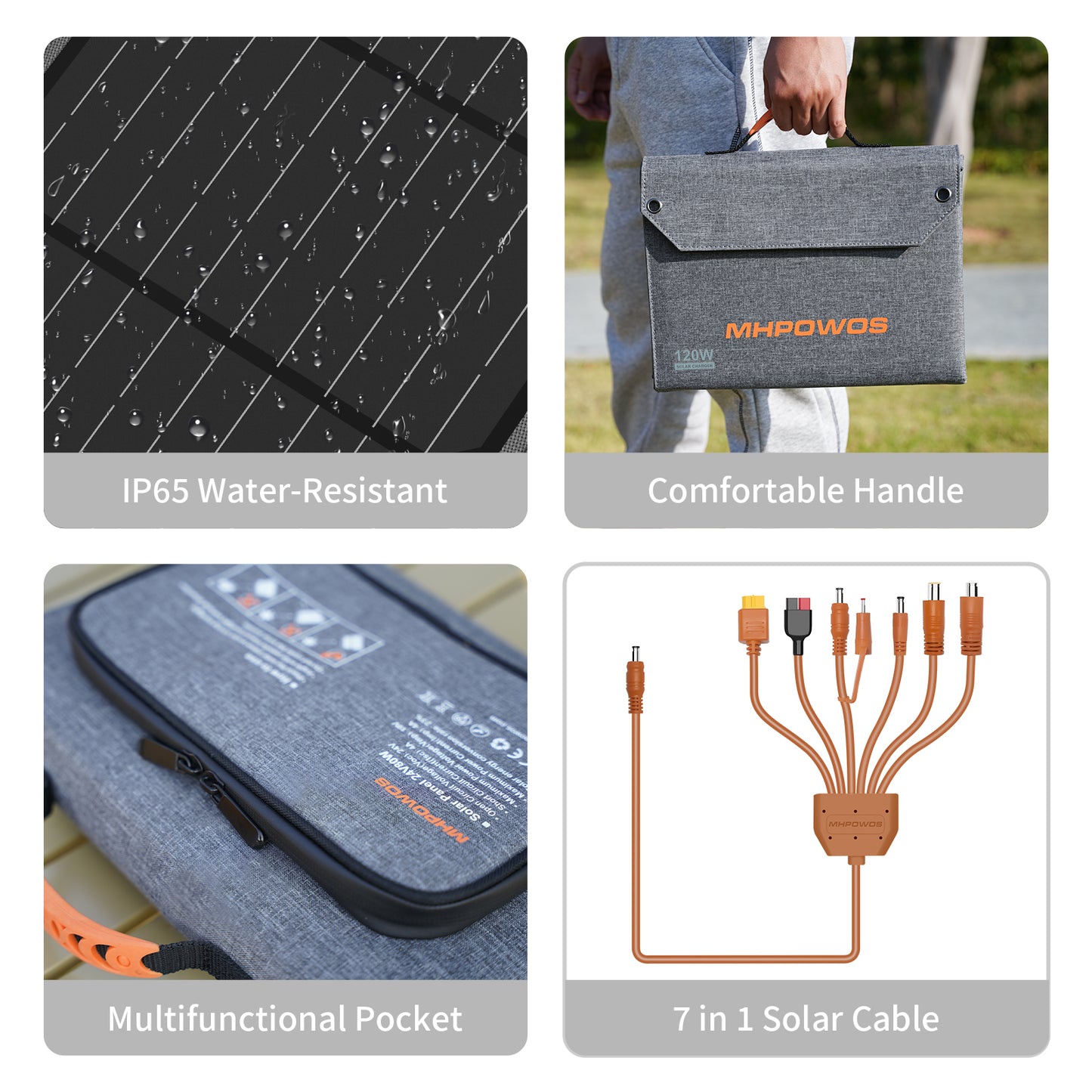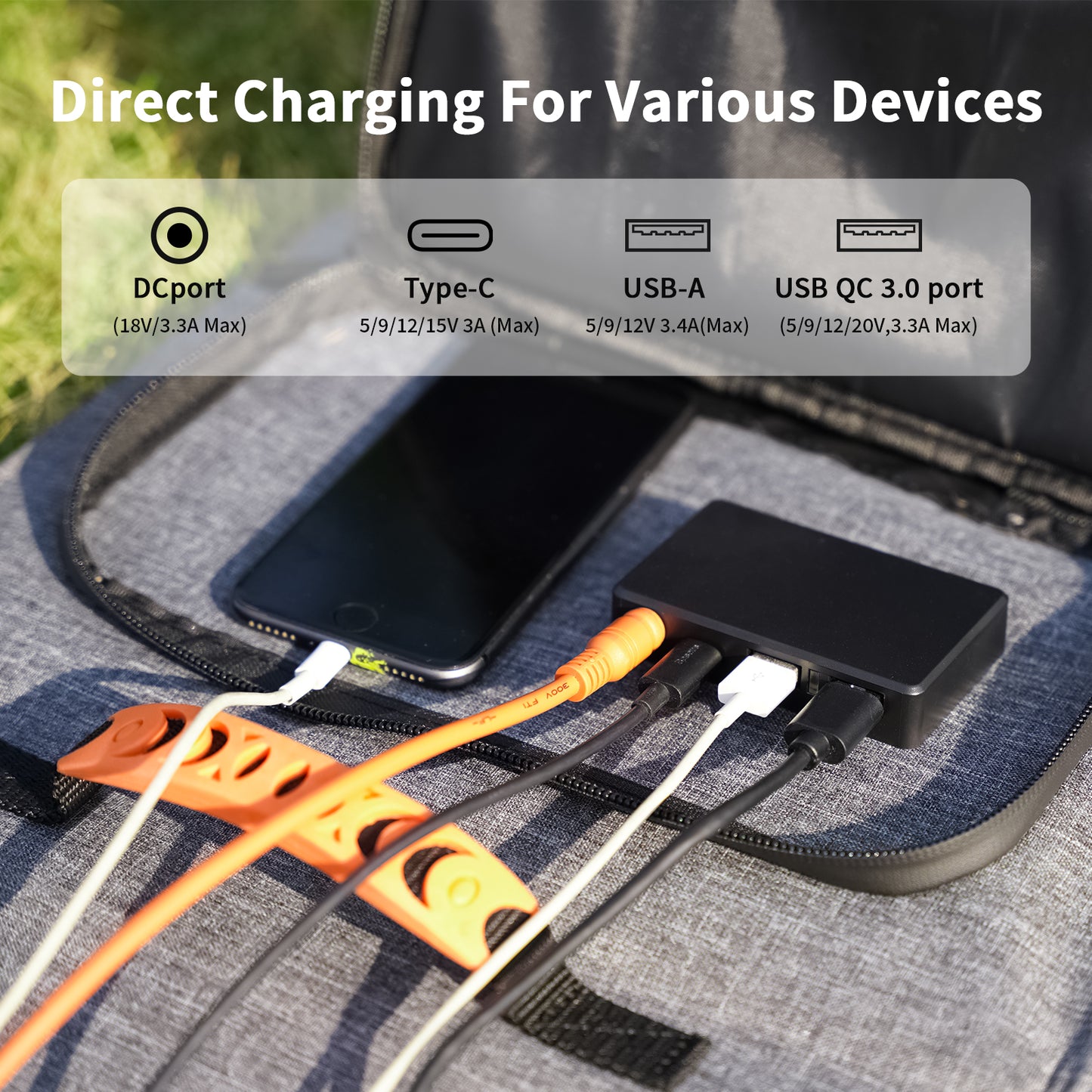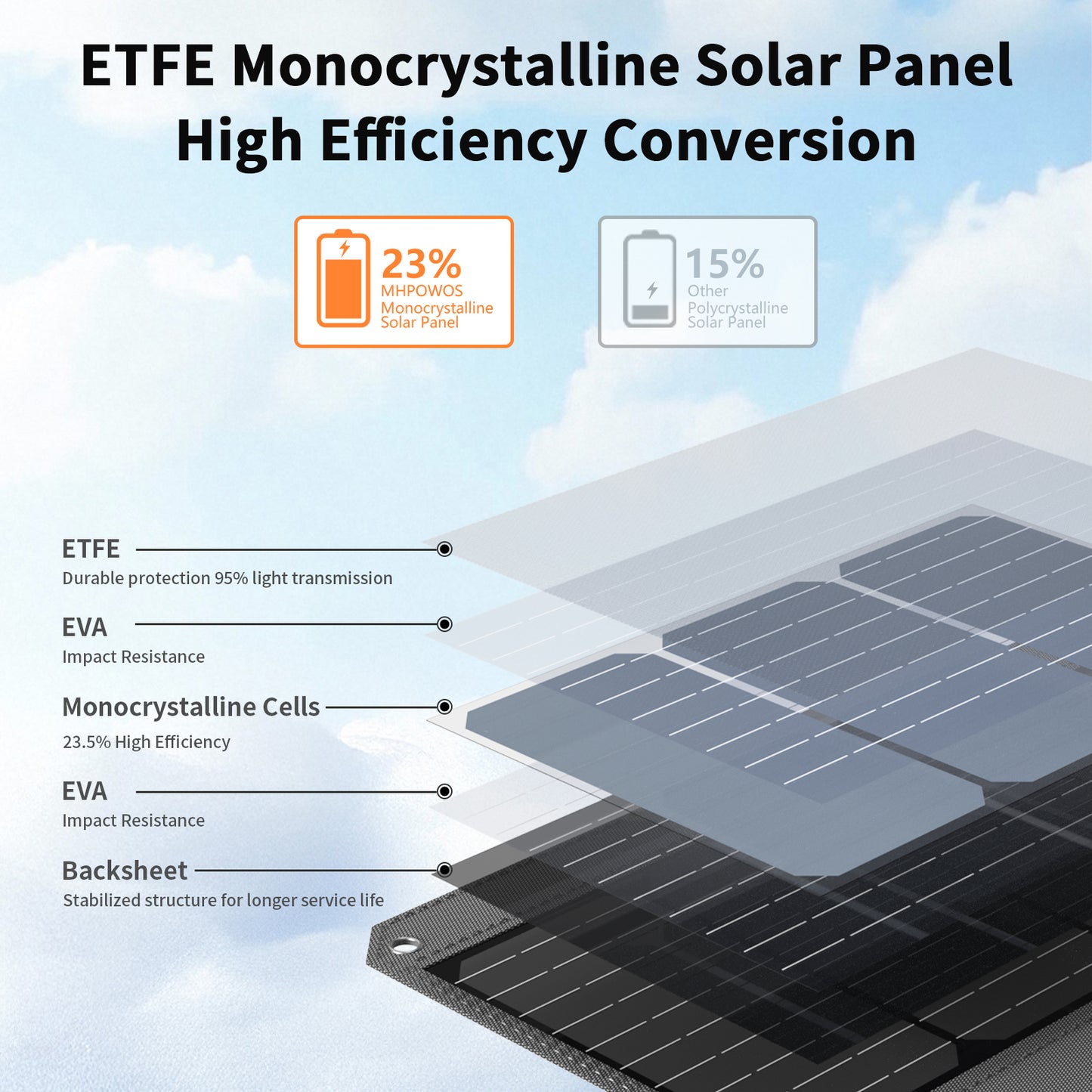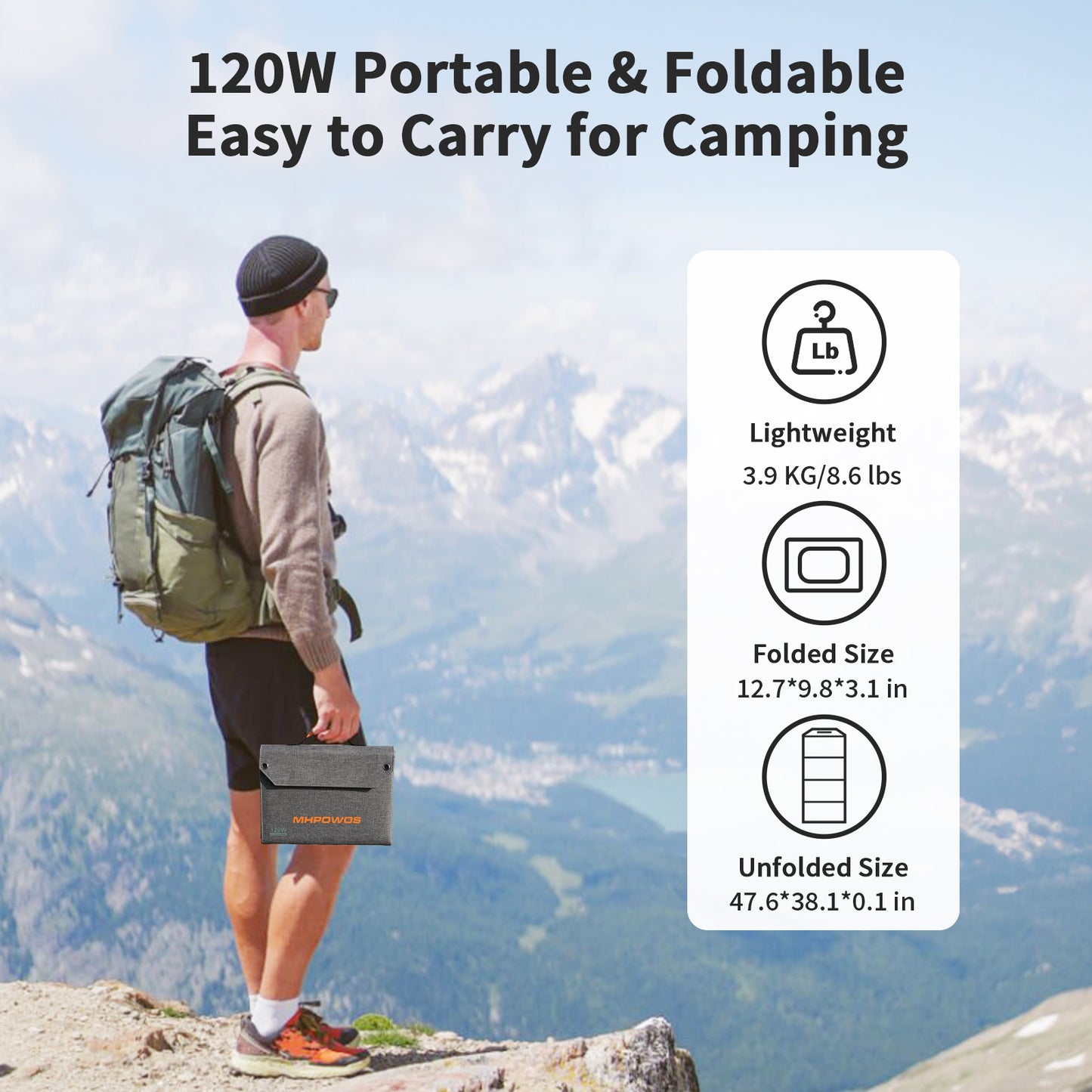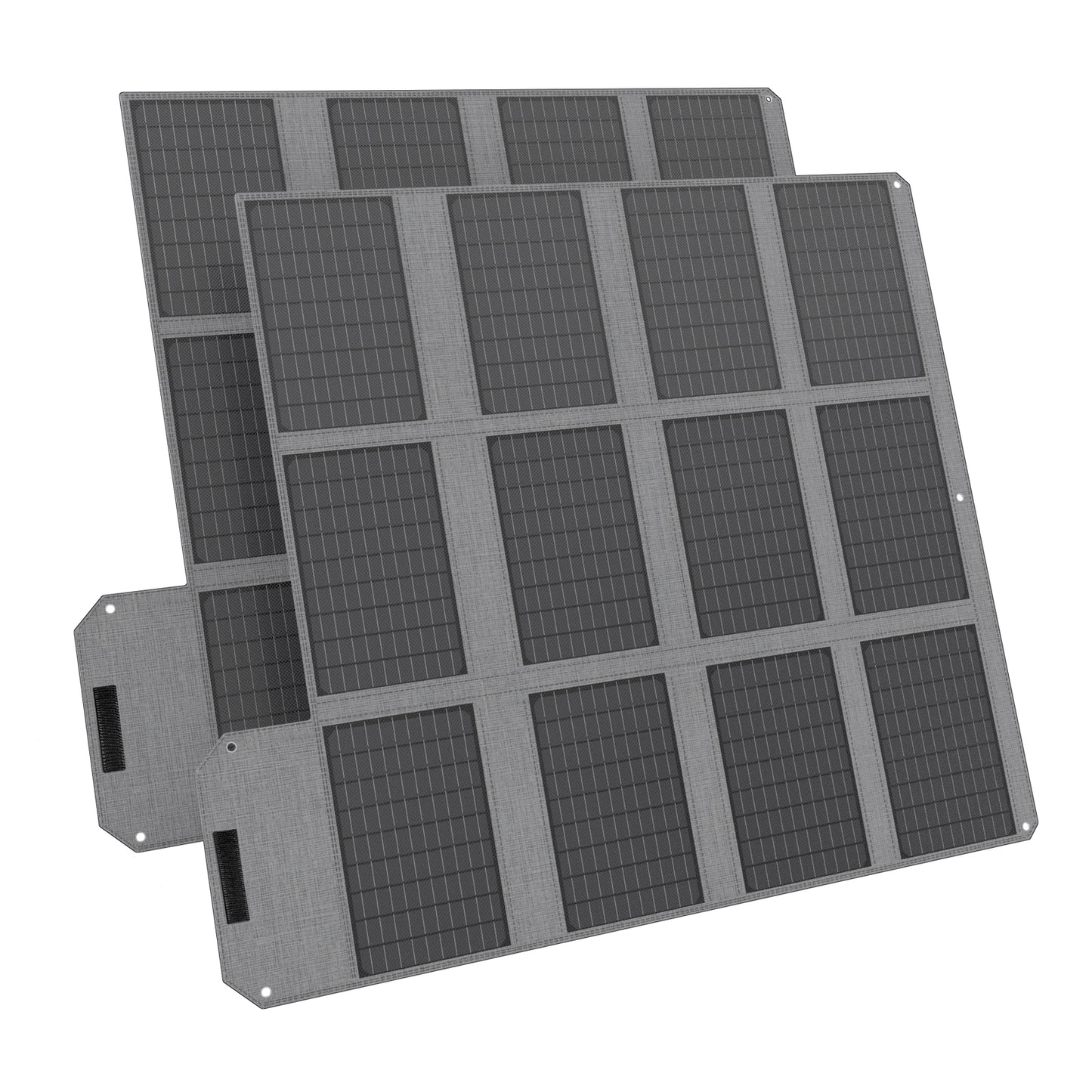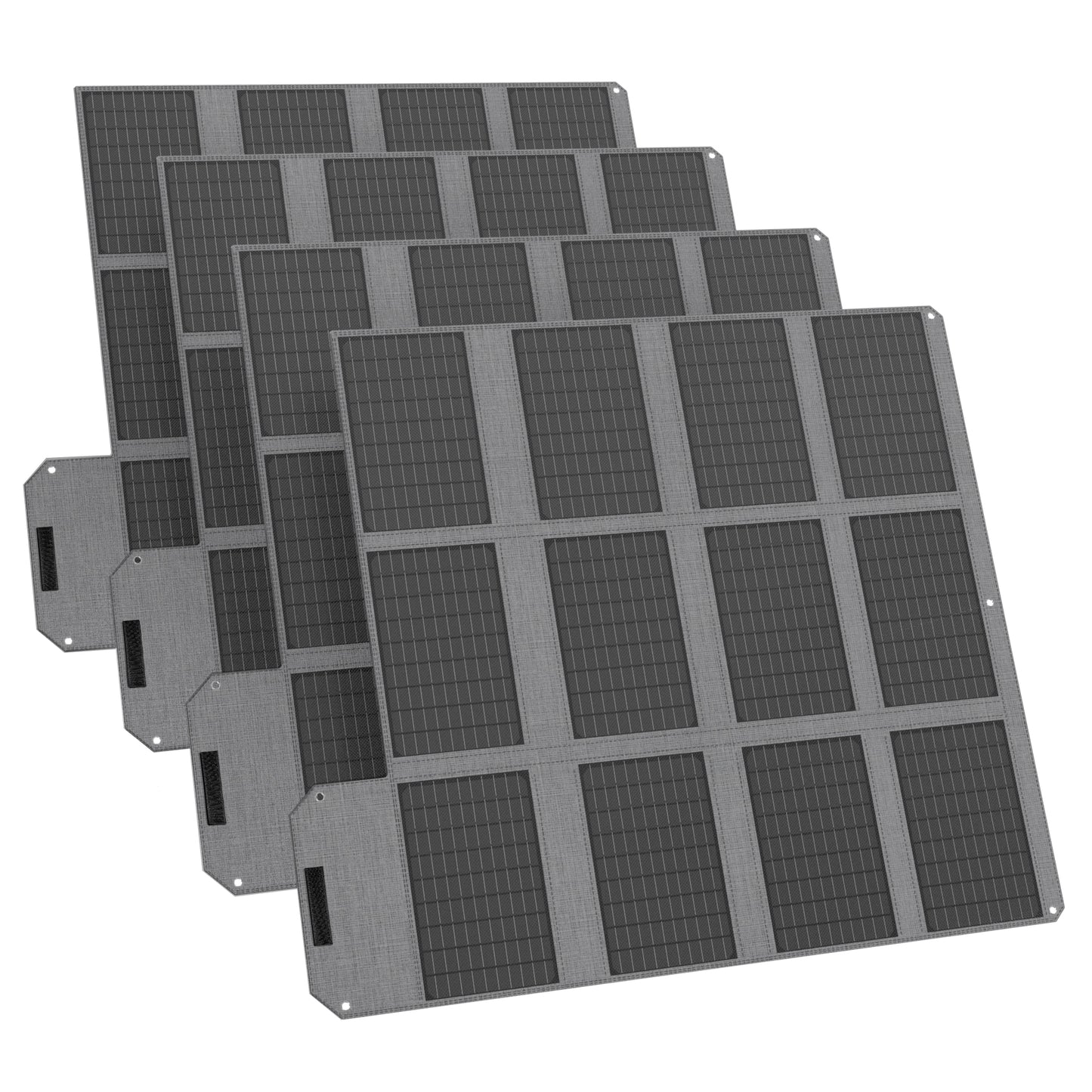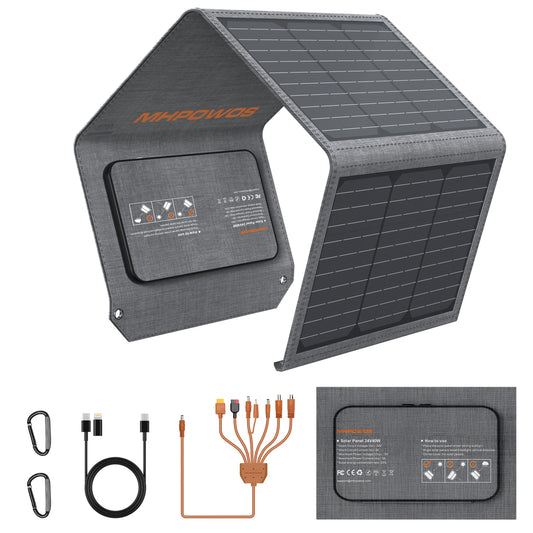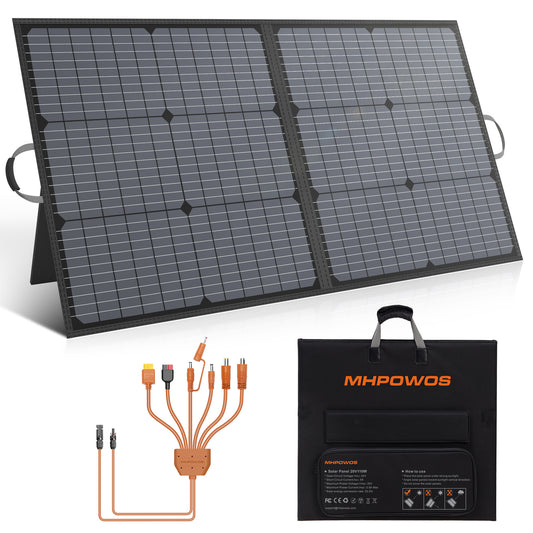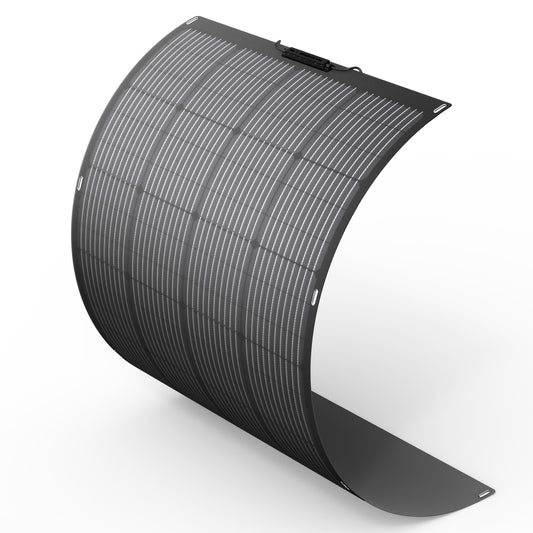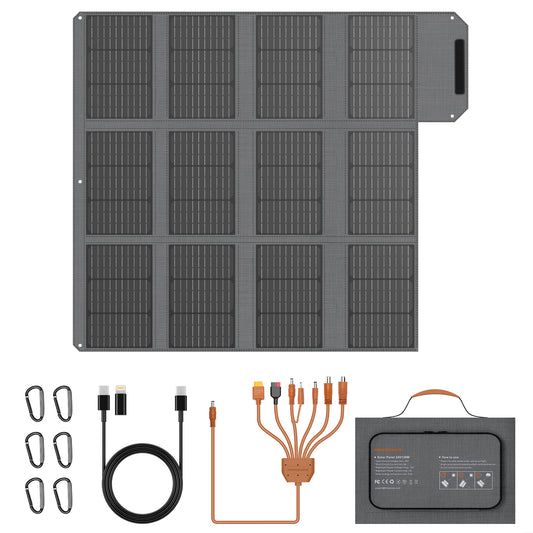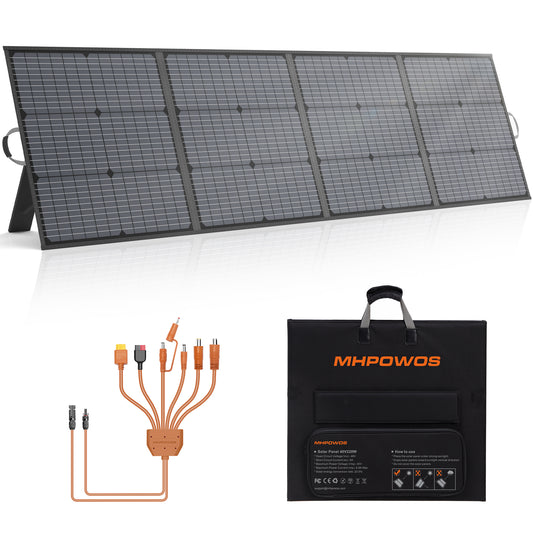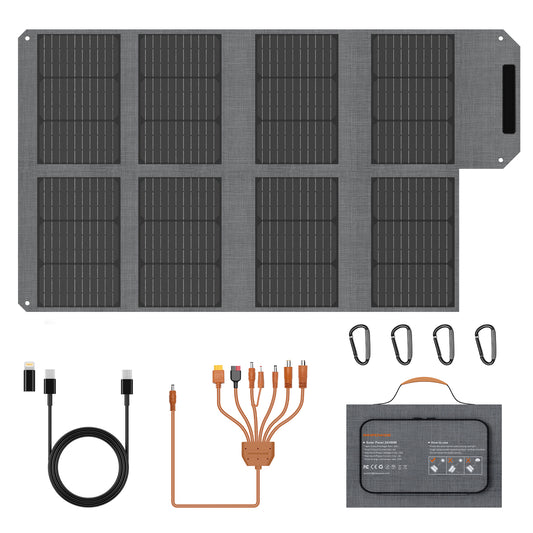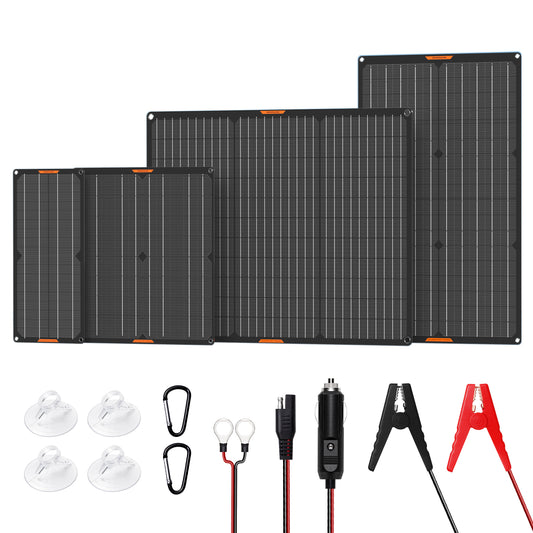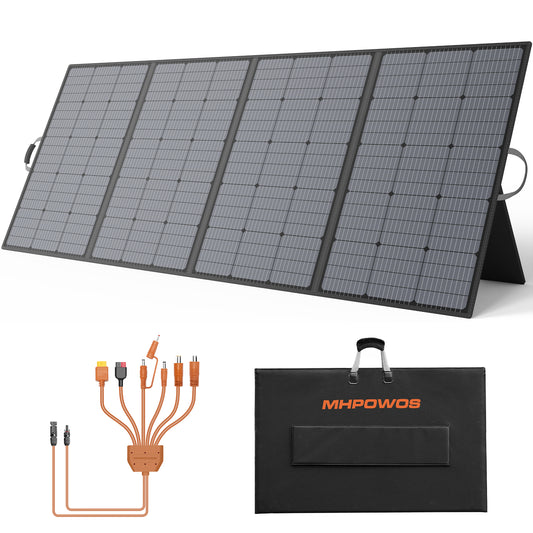
Living the Solar-Powered Lifestyle: A Journey to Sustainability
Aktie
Table of Contents:
- 1. Solar-Powered Homes: A Sustainable Living Solution
- 2. Off-Grid Adventures: Solar Panels for Camping and RV Life
- 3. Urban Solar: Integrating Panels into City Living
- 4. Solar for Small Businesses: An Economical Power Source
- 5. Solar-Powered Transportation: The Future of Mobility
- 6. Innovative Solar Gadgets: Everyday Uses
- 7. Embracing a Solar-Powered Future
- Conclusion
In today’s world, embracing renewable energy is not just a trend; it’s a necessity. Solar panels are at the forefront of this green revolution, offering a clean, sustainable, and cost-effective solution for powering our homes, vehicles, and devices. In this blog, we explore how integrating solar panels into various aspects of life can lead to a more sustainable and empowered lifestyle.
1. Solar-Powered Homes: A Sustainable Living Solution
Imagine a home where your electricity bills are minimal, and you’re less reliant on the grid. Solar panels make this possible by converting sunlight into electricity.
Benefits: Reduced energy costs, increased property value, and a smaller carbon footprint.
Applications: Powering household appliances, heating water, and even charging electric vehicles.
2. Off-Grid Adventures: Solar Panels for Camping and RV Life
For outdoor enthusiasts, solar panels offer a way to stay connected and powered, even in the most remote locations.
Camping: Portable solar panels can charge essential devices like phones, lanterns, and portable fridges.
RV Life: Larger panels can keep your RV powered, ensuring a comfortable and self-sufficient journey.
3. Urban Solar: Integrating Panels into City Living
Even in urban settings, solar panels can make a significant impact. From rooftop installations on apartment buildings to solar-powered charging stations, city dwellers can also enjoy the benefits of renewable energy.
Community Solar Projects: Allow residents without suitable rooftops to benefit from shared solar installations.
Balconies and Patios: Small, foldable panels can be set up on balconies to charge personal electronics.
4. Solar for Small Businesses: An Economical Power Source
Small businesses can also tap into solar energy to cut down on operational costs while contributing to a cleaner environment.
Retail Stores: Using solar to power lighting and climate control systems.
Restaurants: Solar energy can reduce the high costs associated with kitchen appliances and HVAC systems.
5. Solar-Powered Transportation: The Future of Mobility
The transportation sector is rapidly adopting solar technology to reduce emissions and dependency on fossil fuels.
Electric Vehicles (EVs): Solar panels can be used to charge EVs at home or via public solar charging stations.
Solar Buses and Boats: Some public transport systems are now incorporating solar energy to power buses and boats, reducing operational costs and environmental impact.
6. Innovative Solar Gadgets: Everyday Uses
Solar technology isn’t limited to panels on rooftops. It has found its way into everyday gadgets that make life more convenient and eco-friendly.
Solar Chargers: Perfect for travelers and remote workers, these chargers can keep your devices powered on the go.
Solar Lights: Great for outdoor lighting solutions that automatically charge during the day and illuminate your space at night.
7. Embracing a Solar-Powered Future
Transitioning to a solar-powered lifestyle is a step towards a sustainable future. It’s an investment in cleaner air, a healthier planet, and economic savings. By incorporating solar technology into our daily lives, we not only reduce our environmental impact but also inspire others to follow suit.
Conclusion
Living a solar-powered lifestyle is more accessible than ever. From homes and businesses to gadgets and vehicles, solar energy offers a versatile and sustainable solution for all. As technology advances and costs decrease, there’s never been a better time to embrace the sun’s power and integrate it into your lifestyle.
In today’s world, embracing renewable energy is not just a trend; it’s a necessity. Solar panels are at the forefront of this green revolution, offering a clean, sustainable, and cost-effective solution for powering our homes, vehicles, and devices. In this blog, we explore how integrating solar panels into various aspects of life can lead to a more sustainable and empowered lifestyle.
1. Solar-Powered Homes: A Sustainable Living Solution
Imagine a home where your electricity bills are minimal, and you’re less reliant on the grid. Solar panels make this possible by converting sunlight into electricity.
Benefits: Reduced energy costs, increased property value, and a smaller carbon footprint.
Applications: Powering household appliances, heating water, and even charging electric vehicles.
2. Off-Grid Adventures: Solar Panels for Camping and RV Life
For outdoor enthusiasts, solar panels offer a way to stay connected and powered, even in the most remote locations.
Camping: Portable solar panels can charge essential devices like phones, lanterns, and portable fridges.
RV Life: Larger panels can keep your RV powered, ensuring a comfortable and self-sufficient journey.
3. Urban Solar: Integrating Panels into City Living
Even in urban settings, solar panels can make a significant impact. From rooftop installations on apartment buildings to solar-powered charging stations, city dwellers can also enjoy the benefits of renewable energy.
Community Solar Projects: Allow residents without suitable rooftops to benefit from shared solar installations.
Balconies and Patios: Small, foldable panels can be set up on balconies to charge personal electronics.
4. Solar for Small Businesses: An Economical Power Source
Small businesses can also tap into solar energy to cut down on operational costs while contributing to a cleaner environment.
Retail Stores: Using solar to power lighting and climate control systems.
Restaurants: Solar energy can reduce the high costs associated with kitchen appliances and HVAC systems.
5. Solar-Powered Transportation: The Future of Mobility
The transportation sector is rapidly adopting solar technology to reduce emissions and dependency on fossil fuels.
Electric Vehicles (EVs): Solar panels can be used to charge EVs at home or via public solar charging stations.
Solar Buses and Boats: Some public transport systems are now incorporating solar energy to power buses and boats, reducing operational costs and environmental impact.
6. Innovative Solar Gadgets: Everyday Uses
Solar technology isn’t limited to panels on rooftops. It has found its way into everyday gadgets that make life more convenient and eco-friendly.
Solar Chargers: Perfect for travelers and remote workers, these chargers can keep your devices powered on the go.
Solar Lights: Great for outdoor lighting solutions that automatically charge during the day and illuminate your space at night.
7. Embracing a Solar-Powered Future
Transitioning to a solar-powered lifestyle is a step towards a sustainable future. It’s an investment in cleaner air, a healthier planet, and economic savings. By incorporating solar technology into our daily lives, we not only reduce our environmental impact but also inspire others to follow suit.
Conclusion
Living a solar-powered lifestyle is more accessible than ever. From homes and businesses to gadgets and vehicles, solar energy offers a versatile and sustainable solution for all. As technology advances and costs decrease, there’s never been a better time to embrace the sun’s power and integrate it into your lifestyle.
